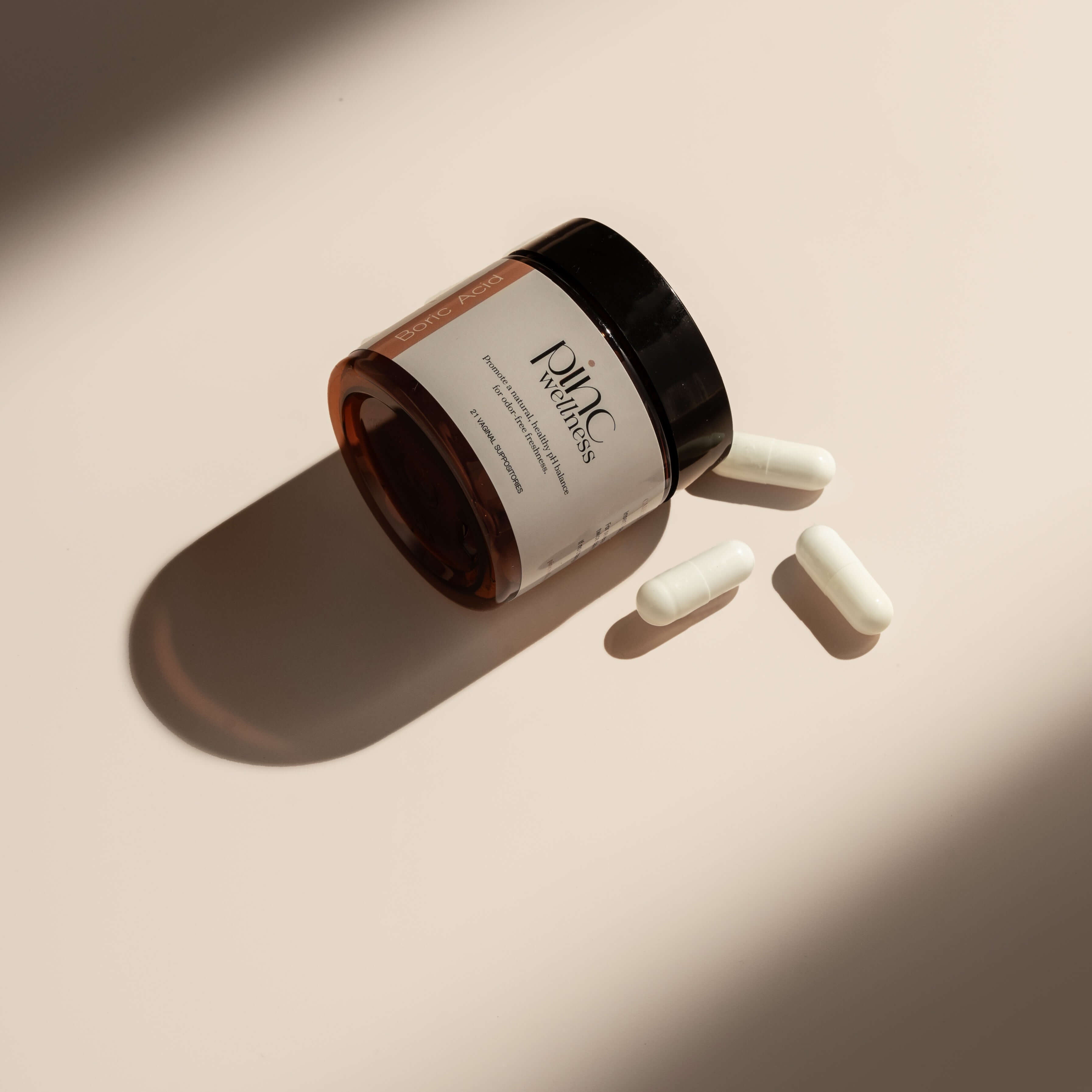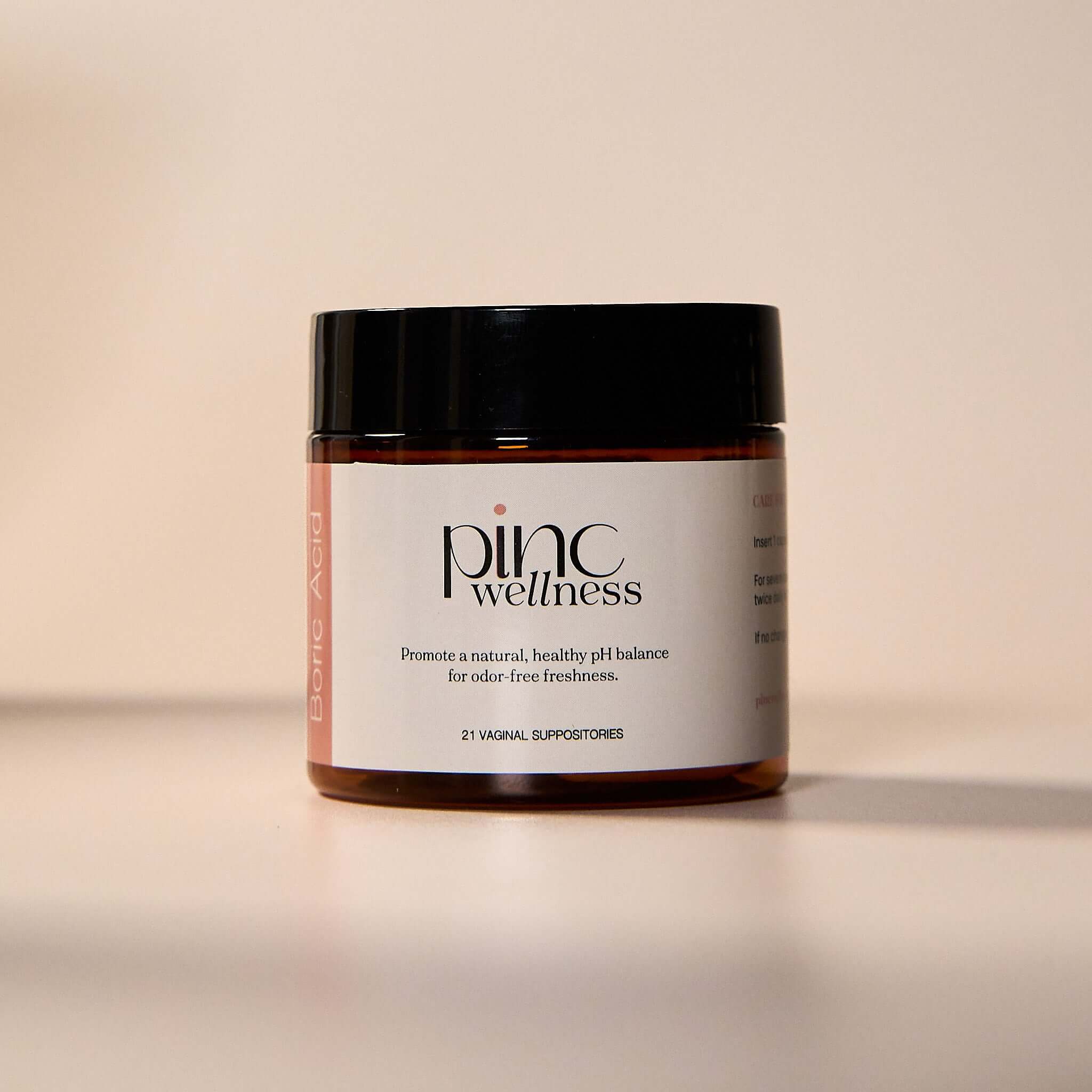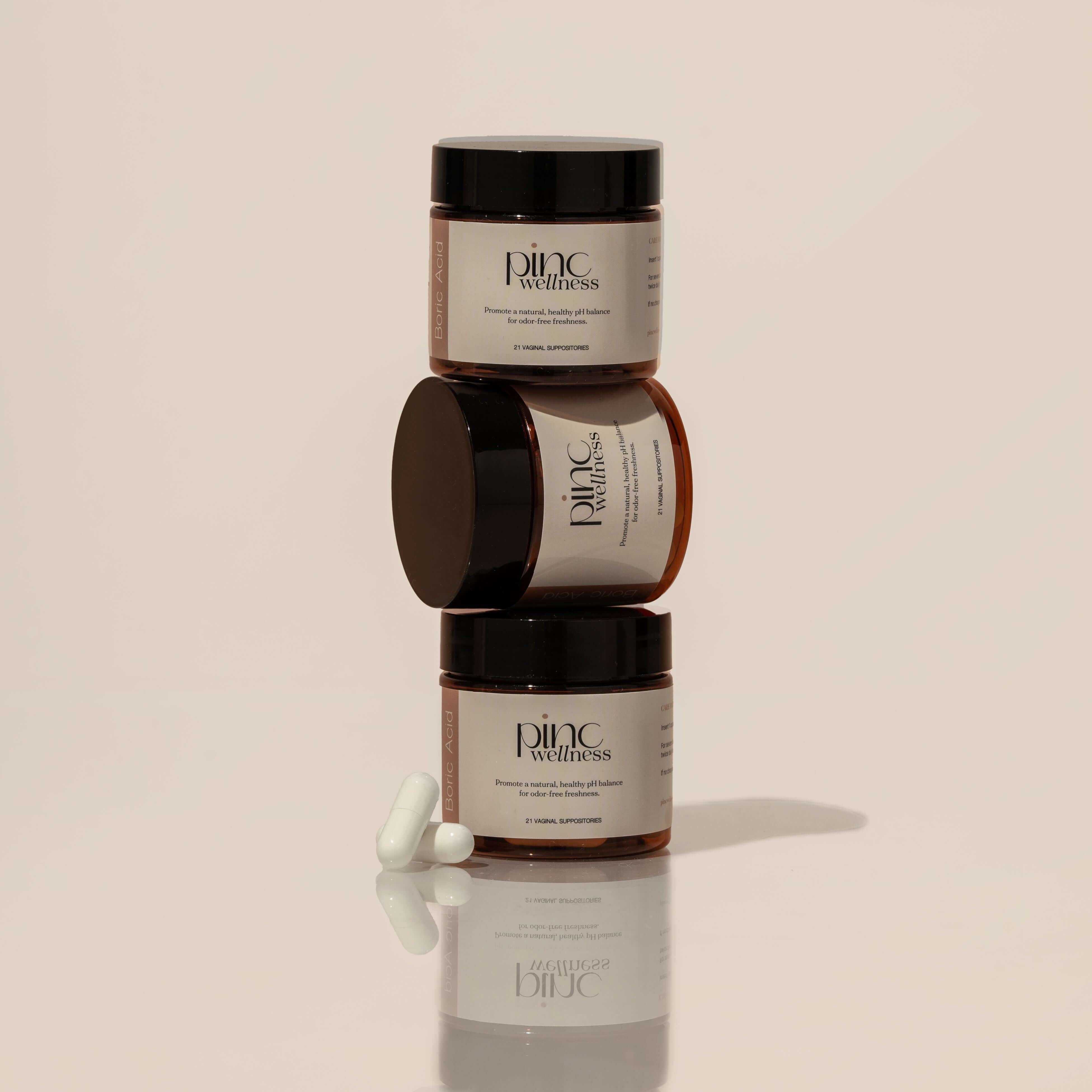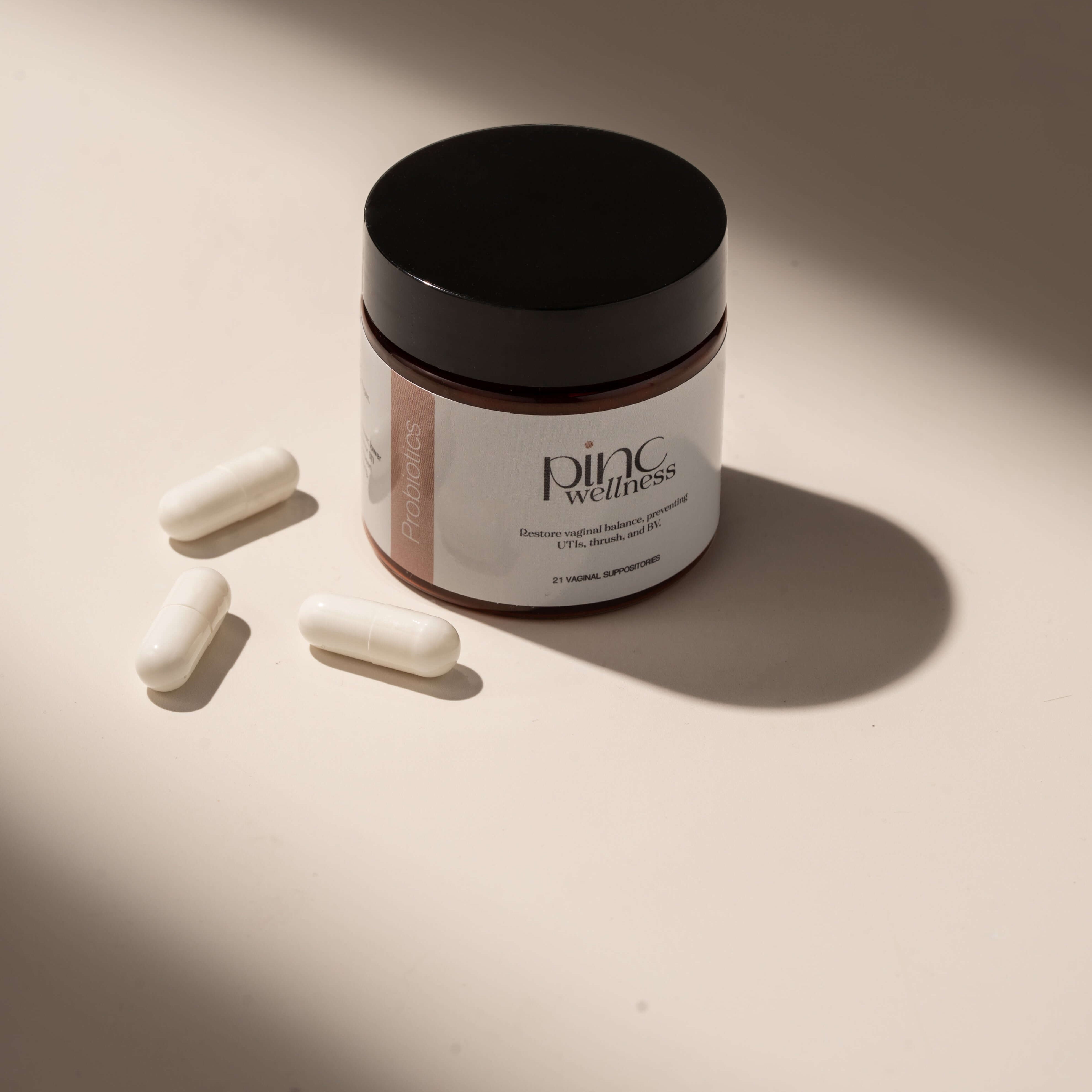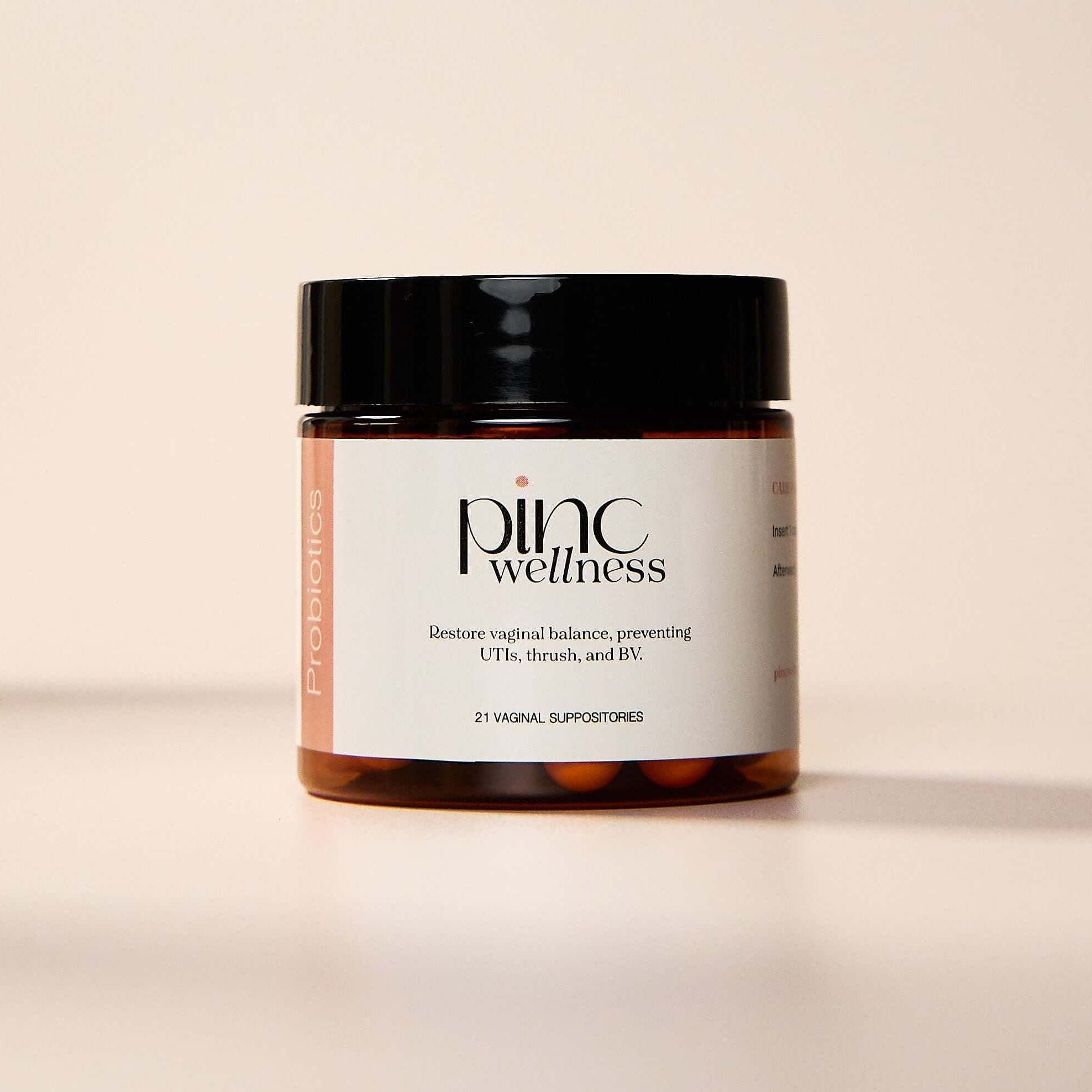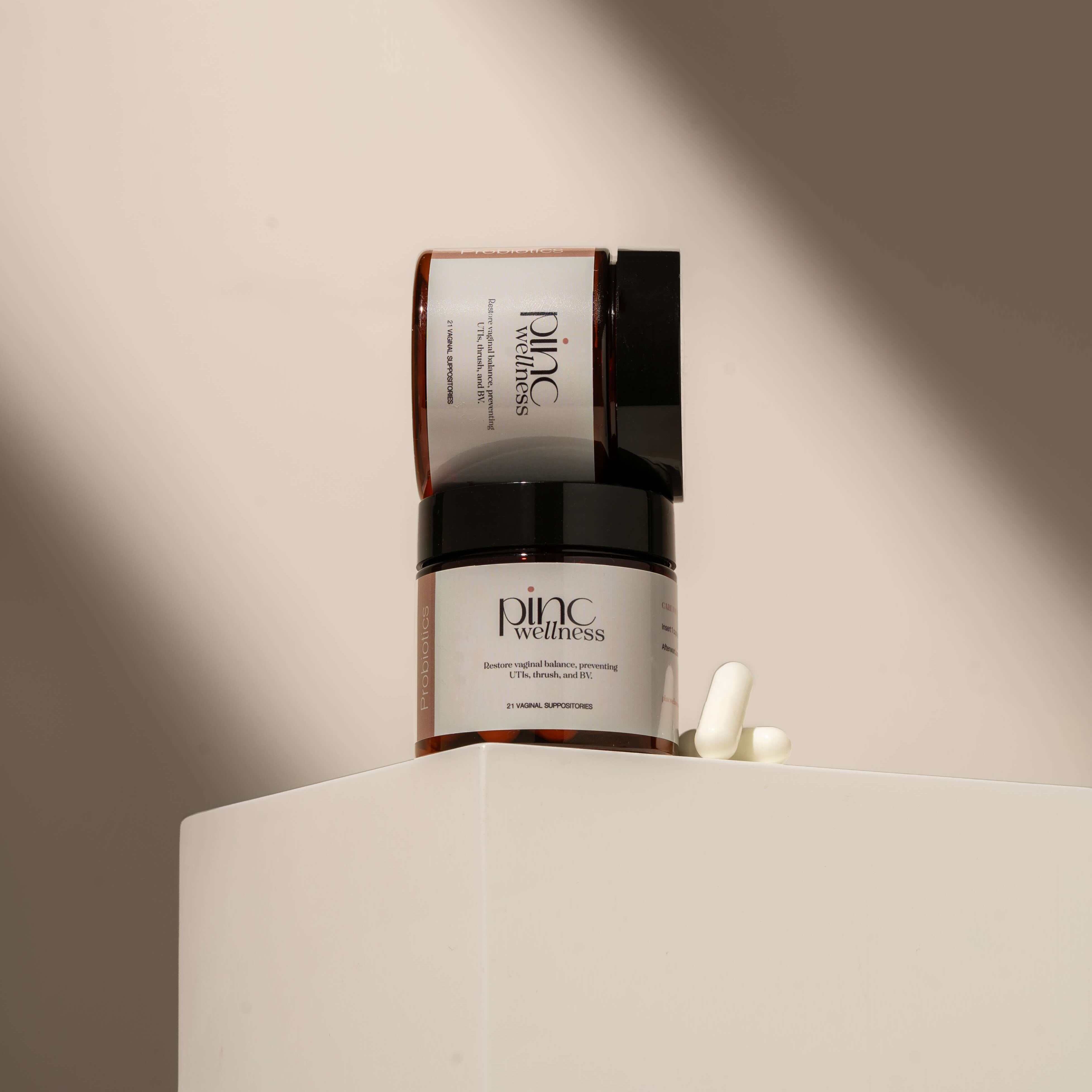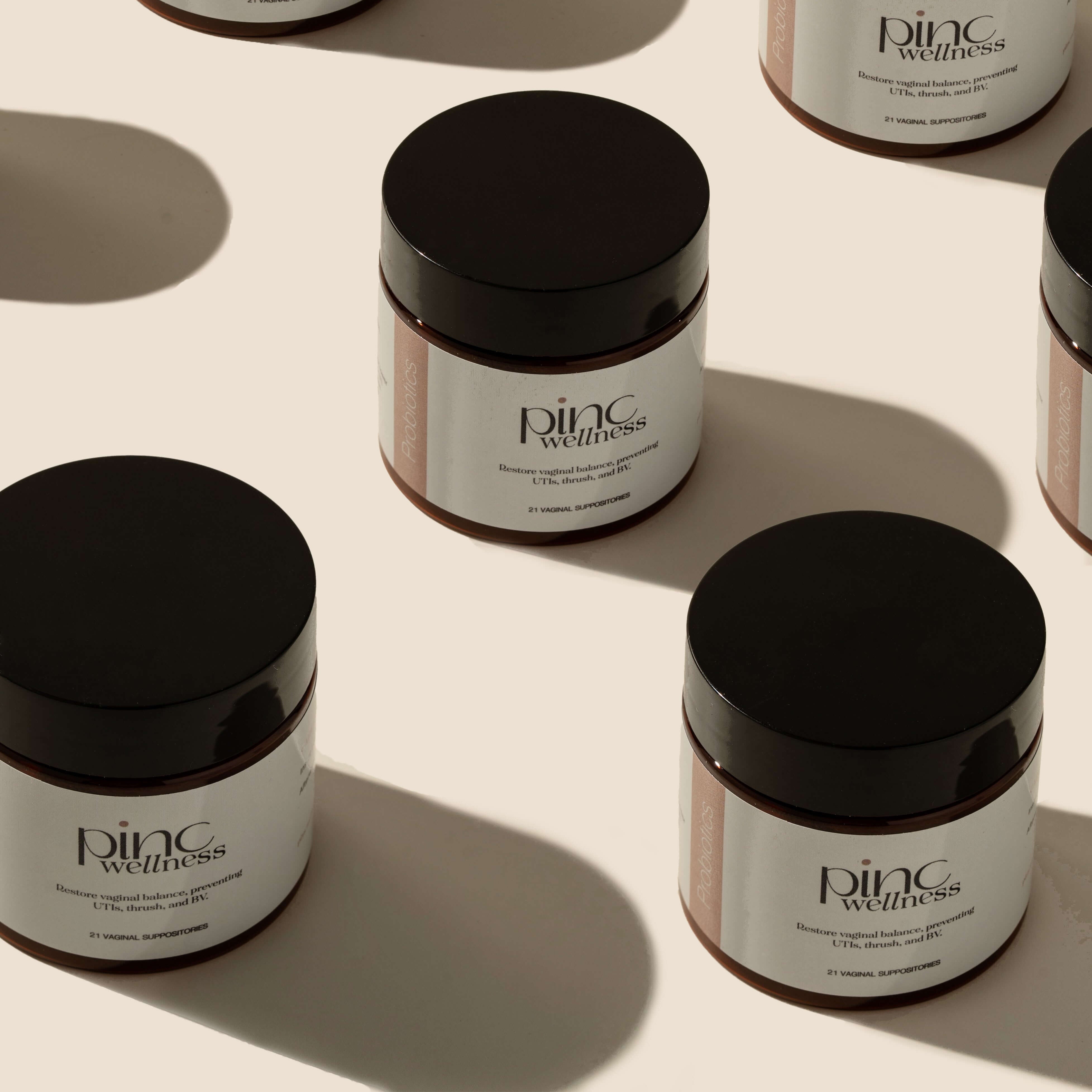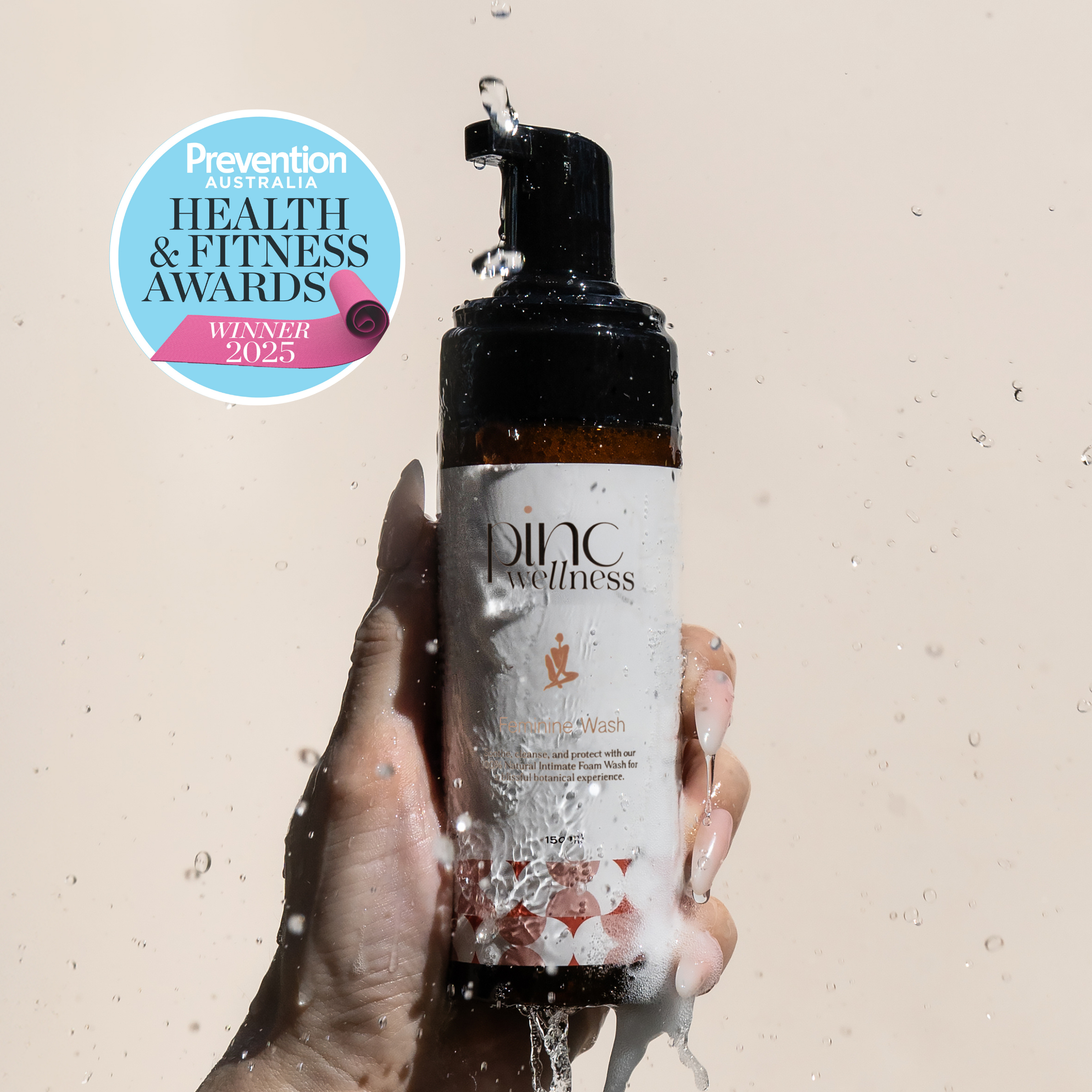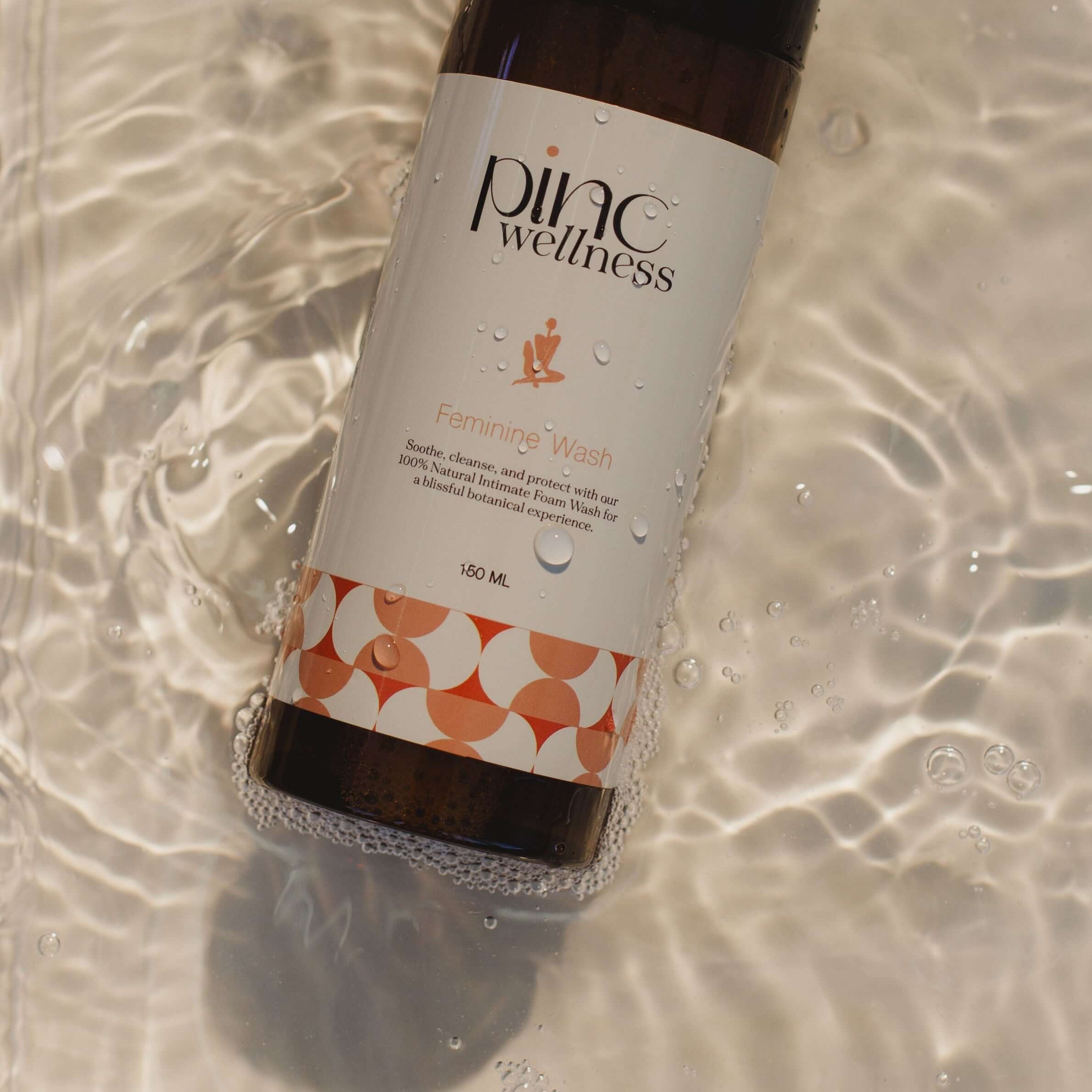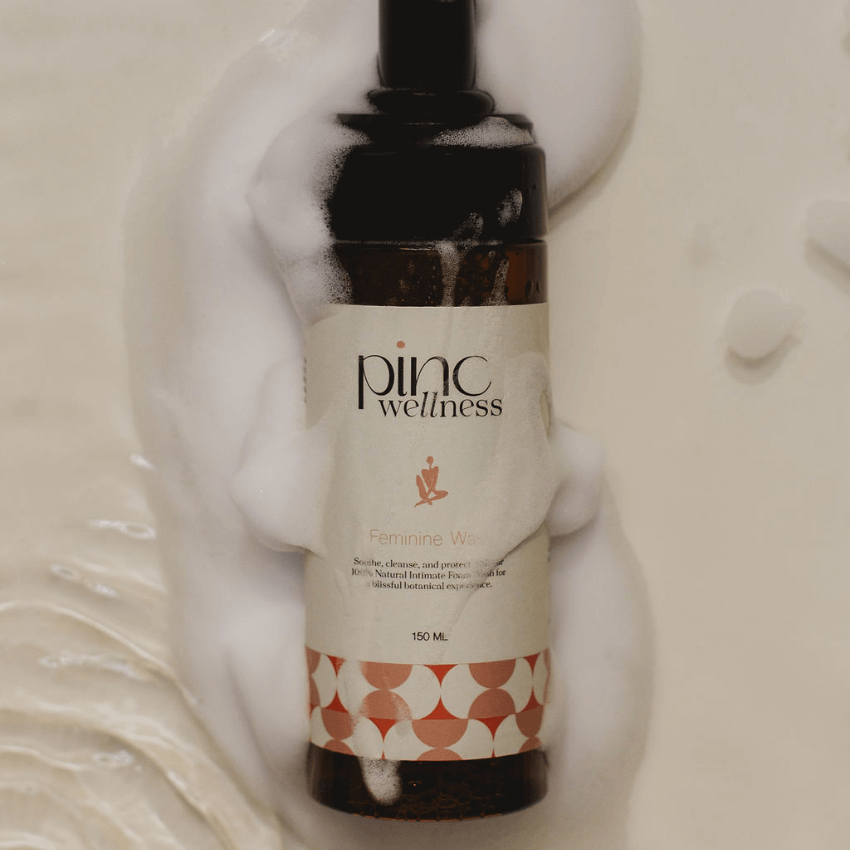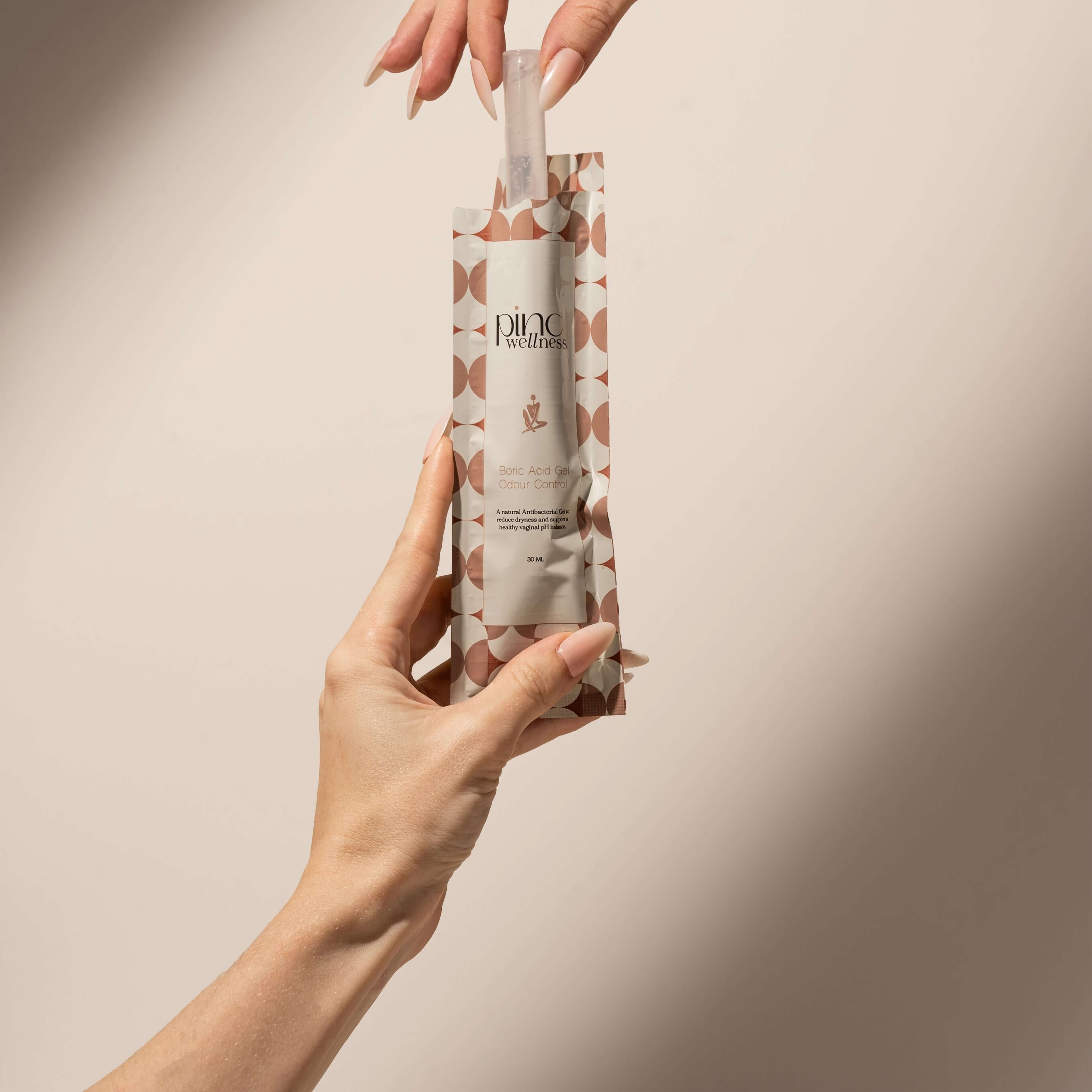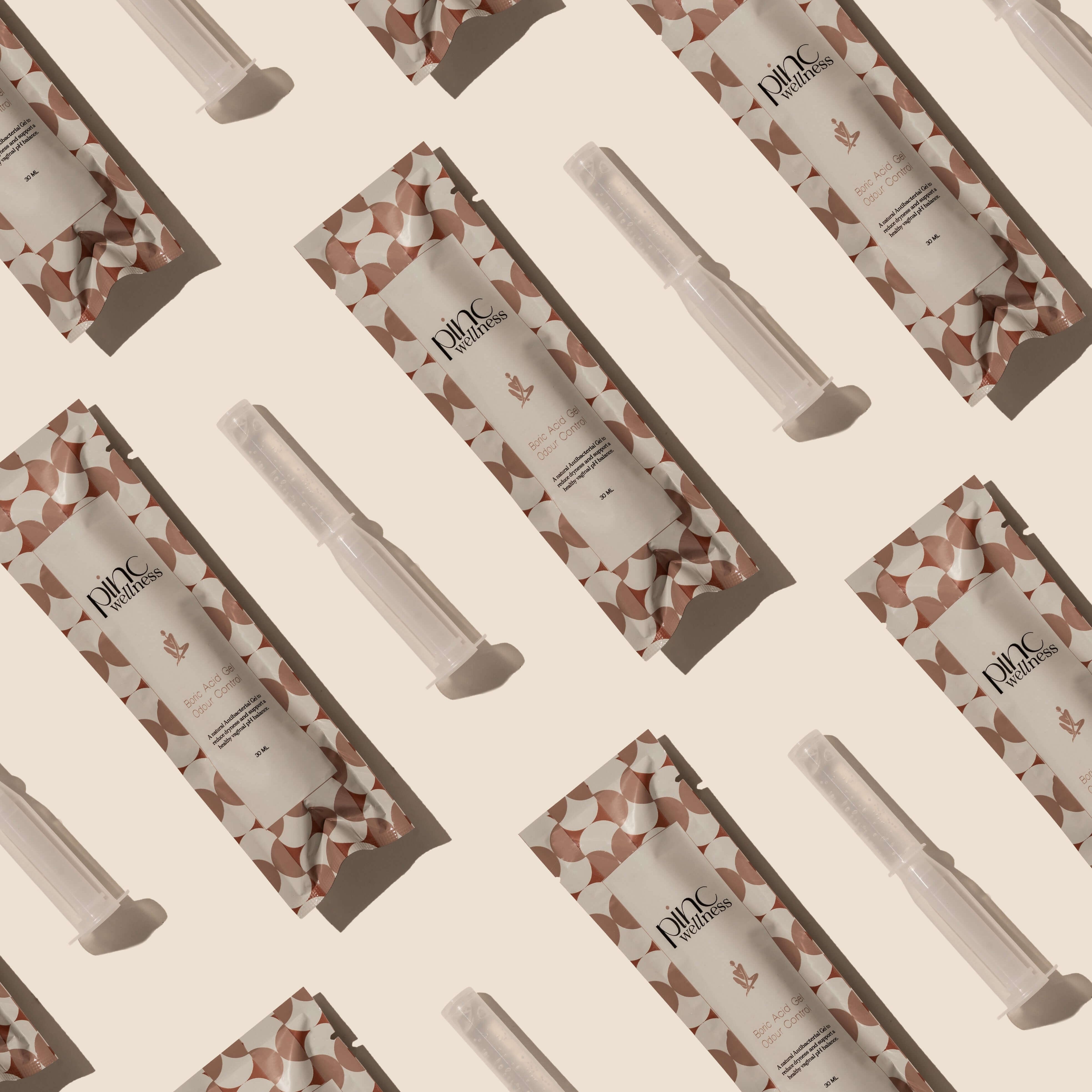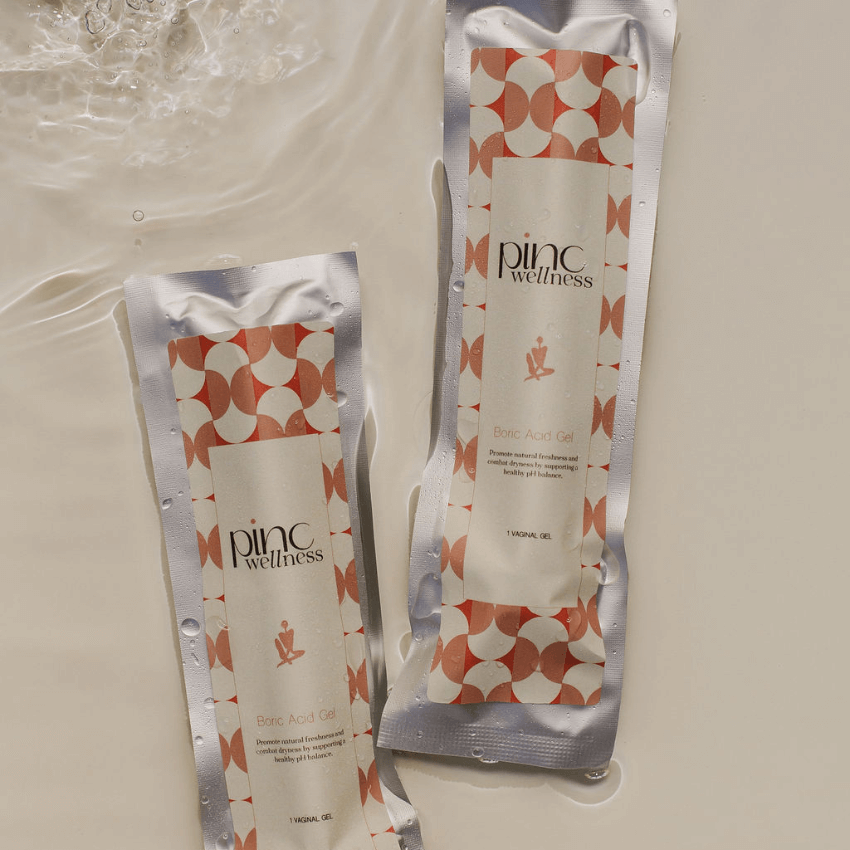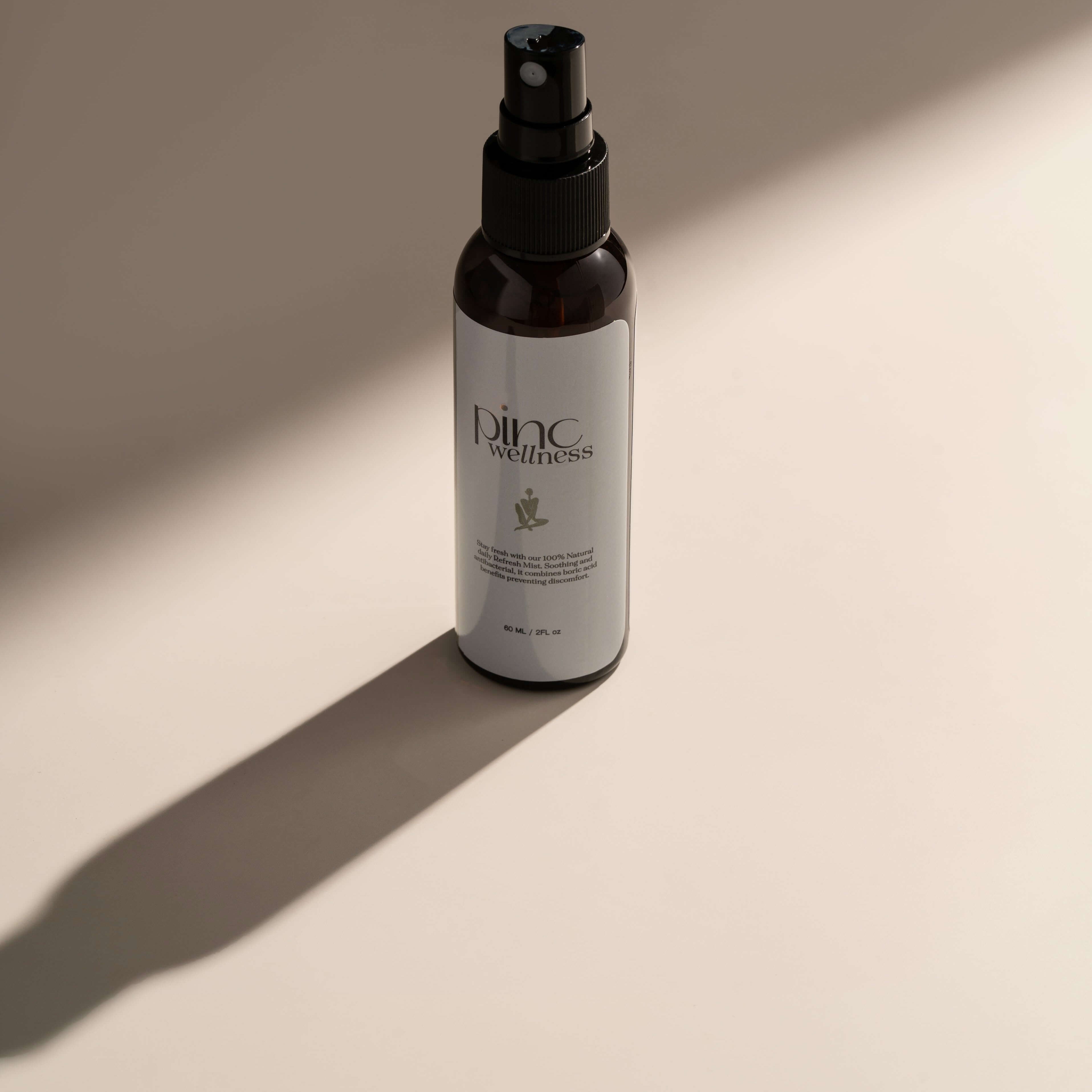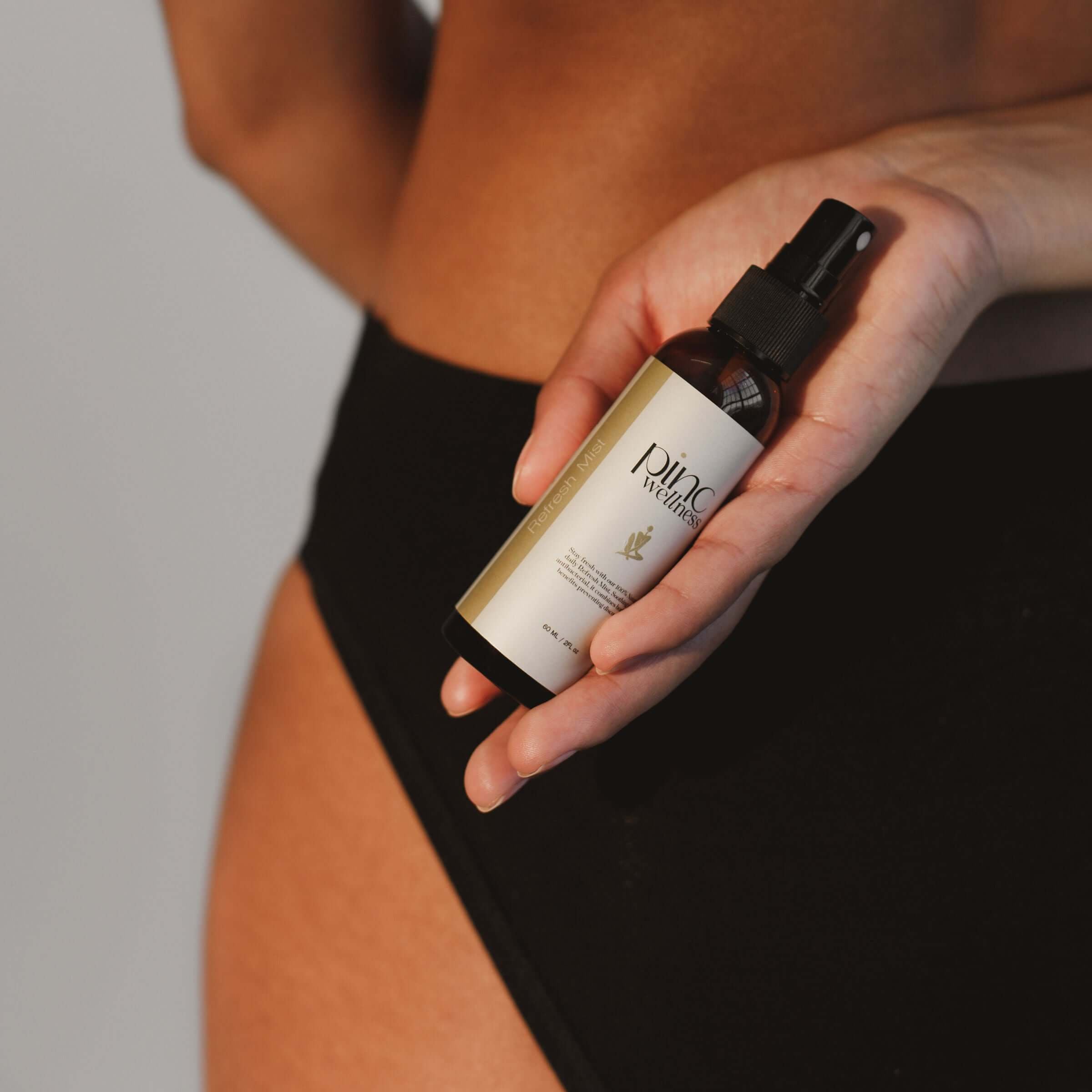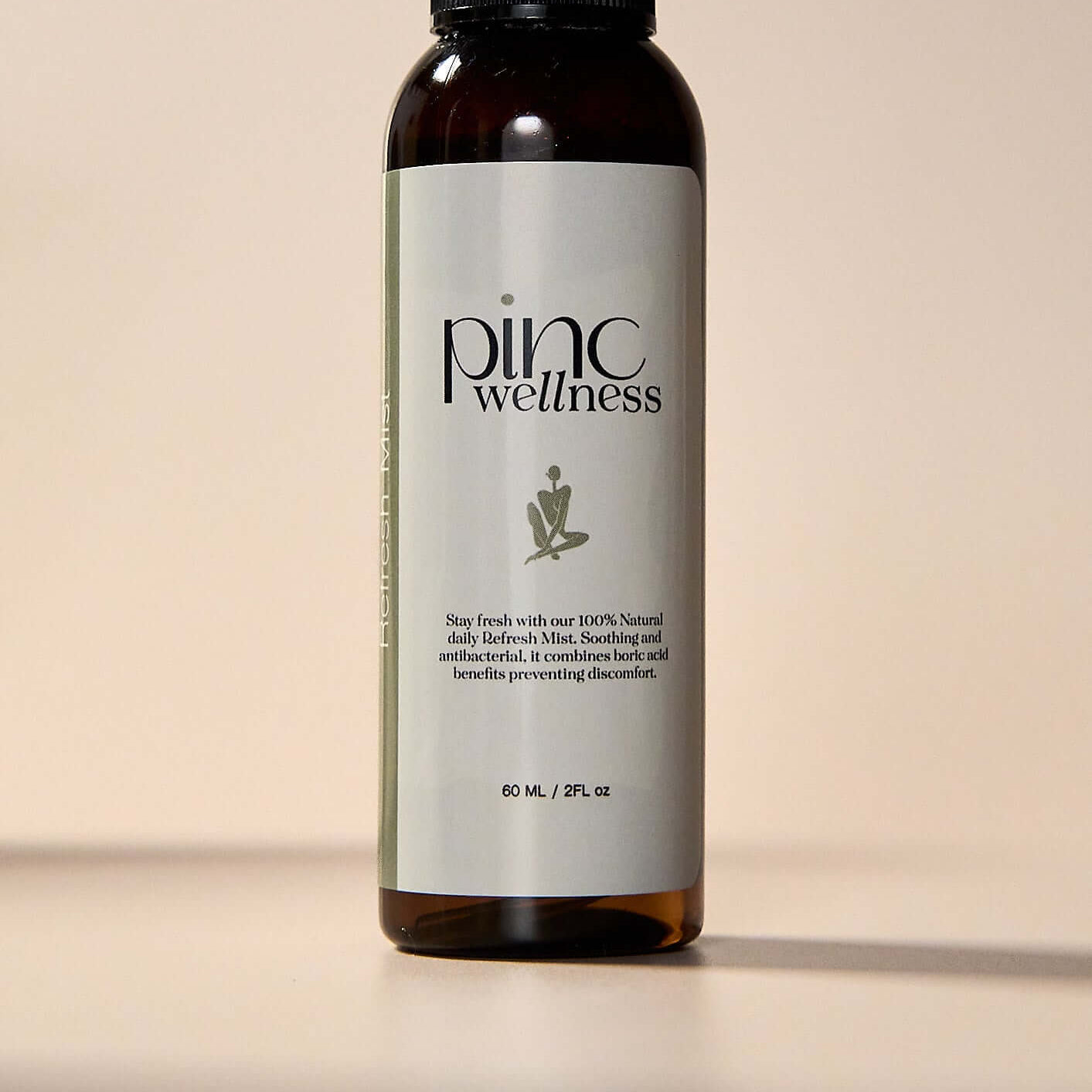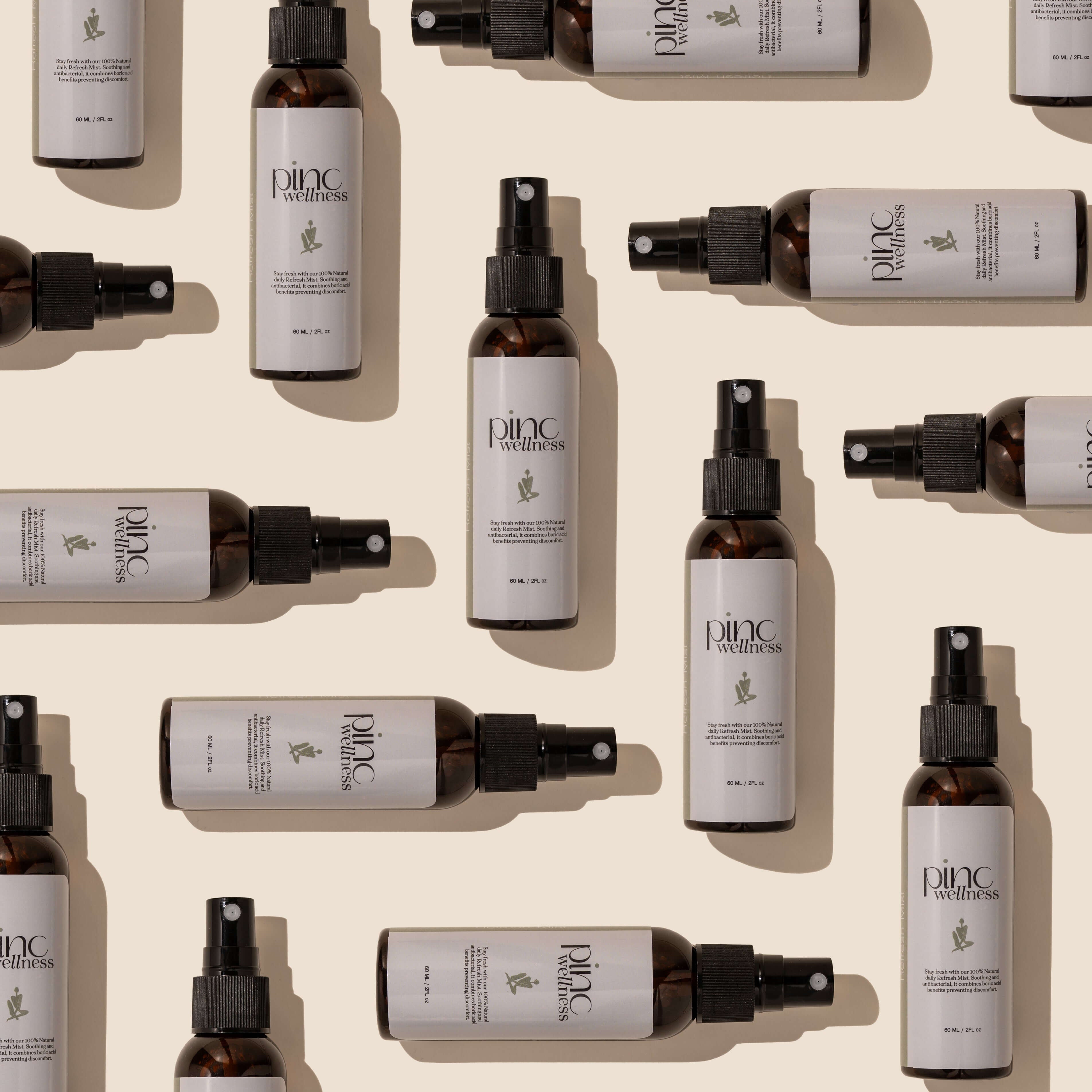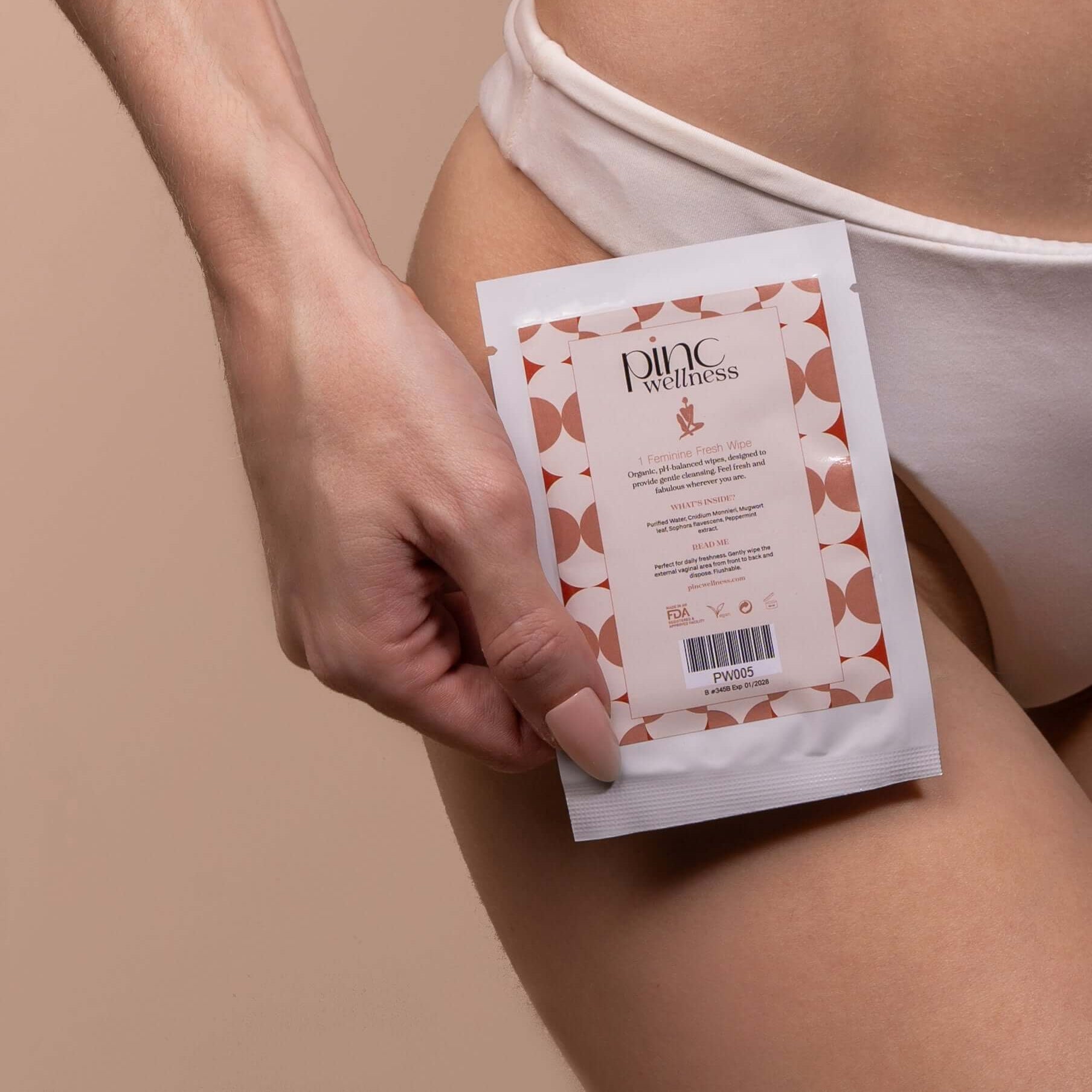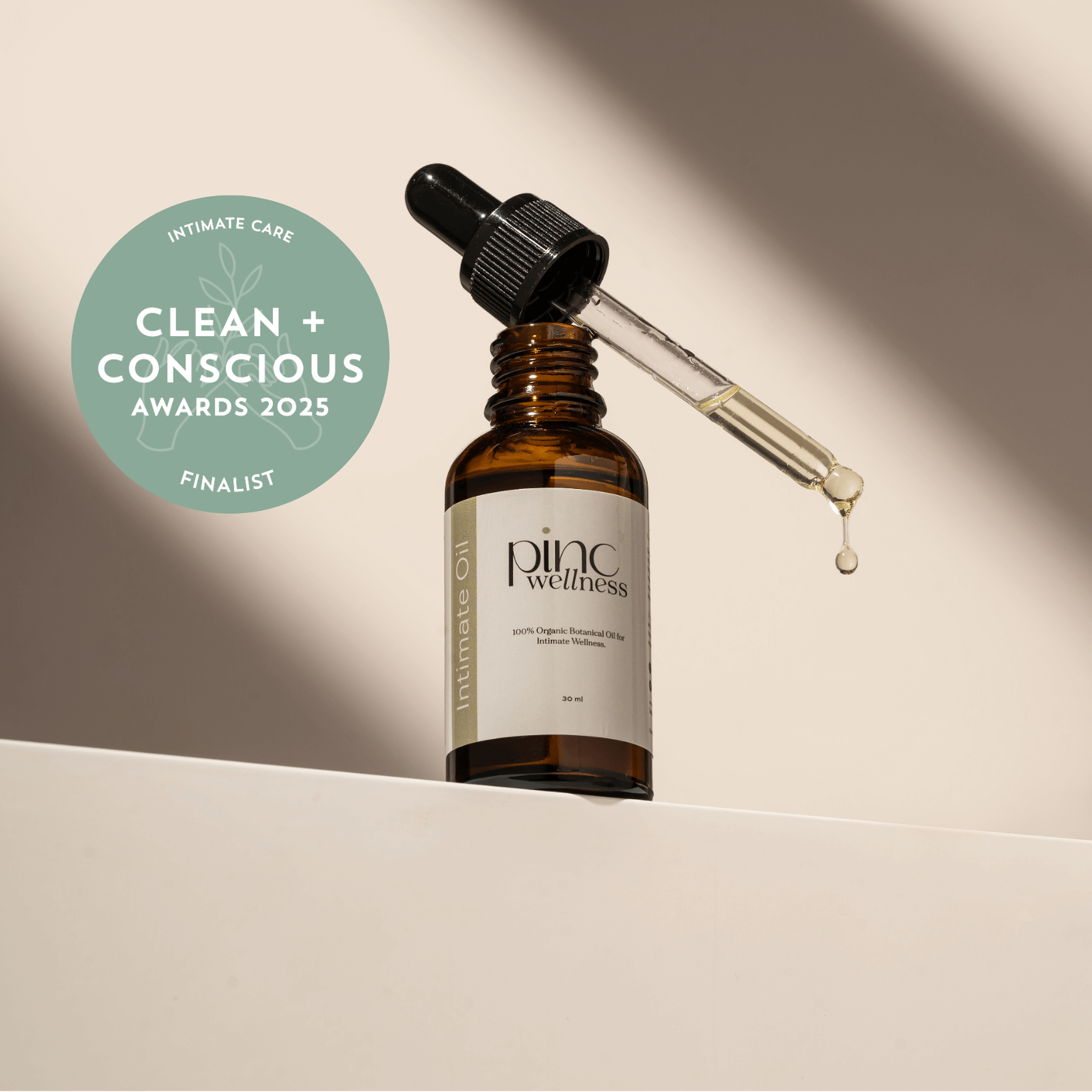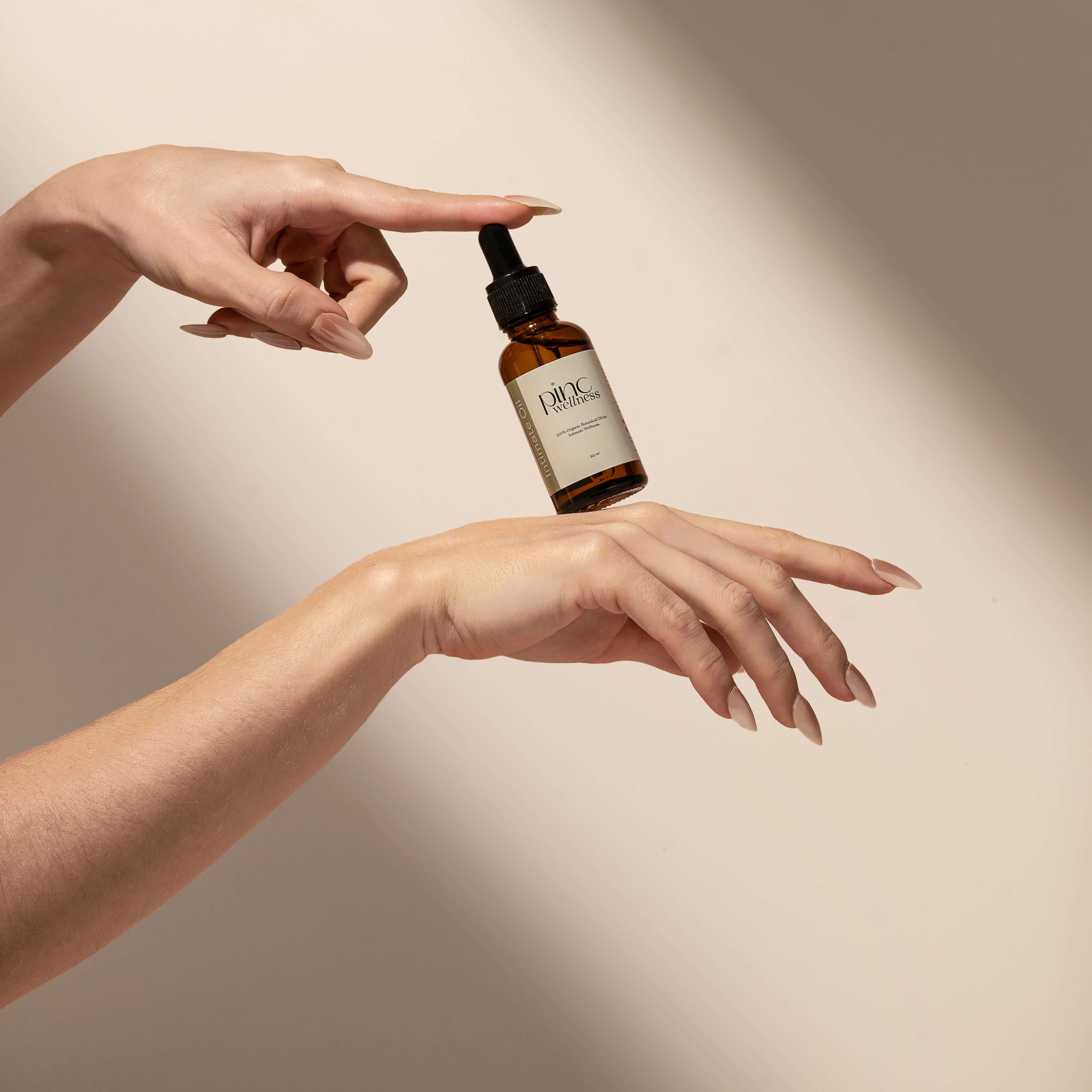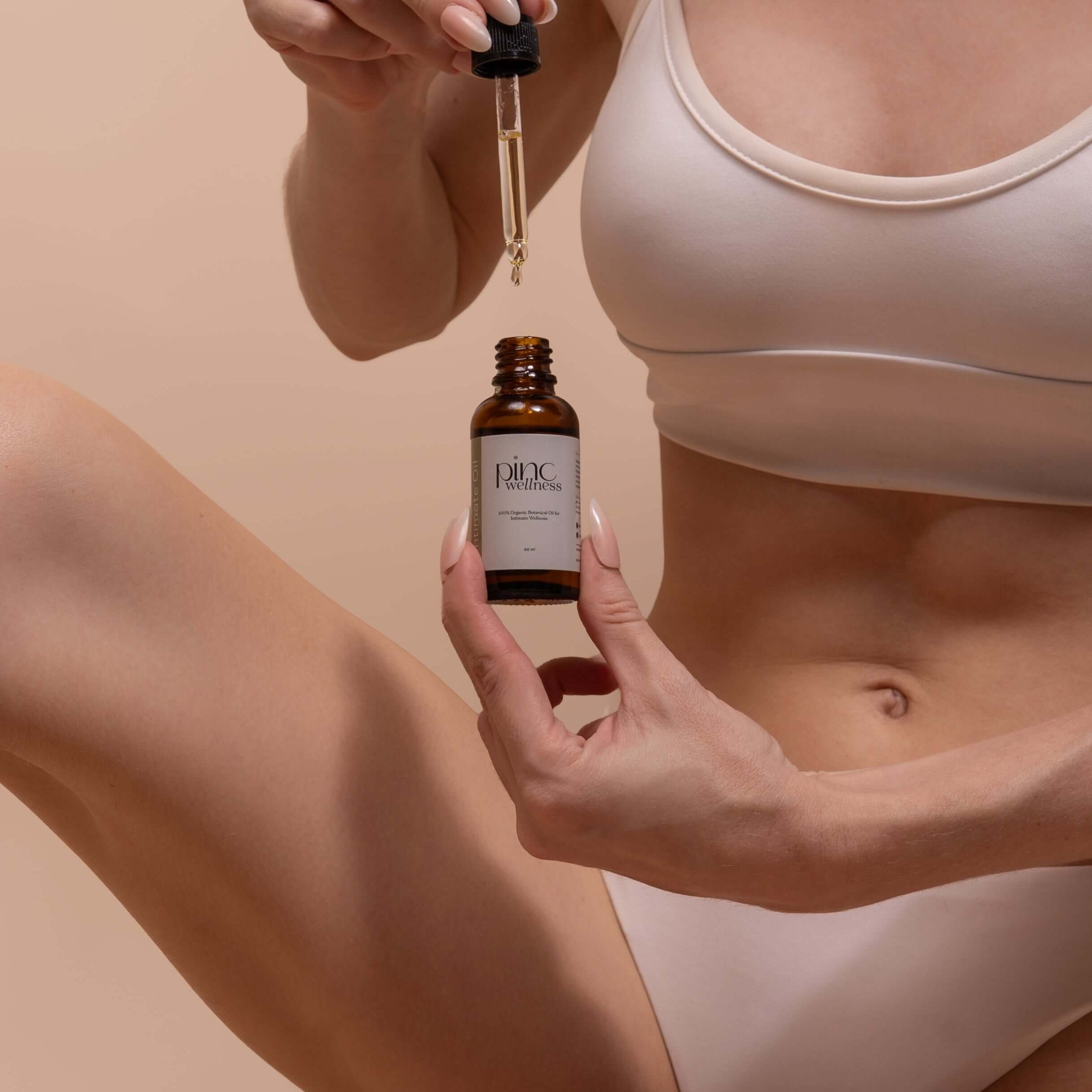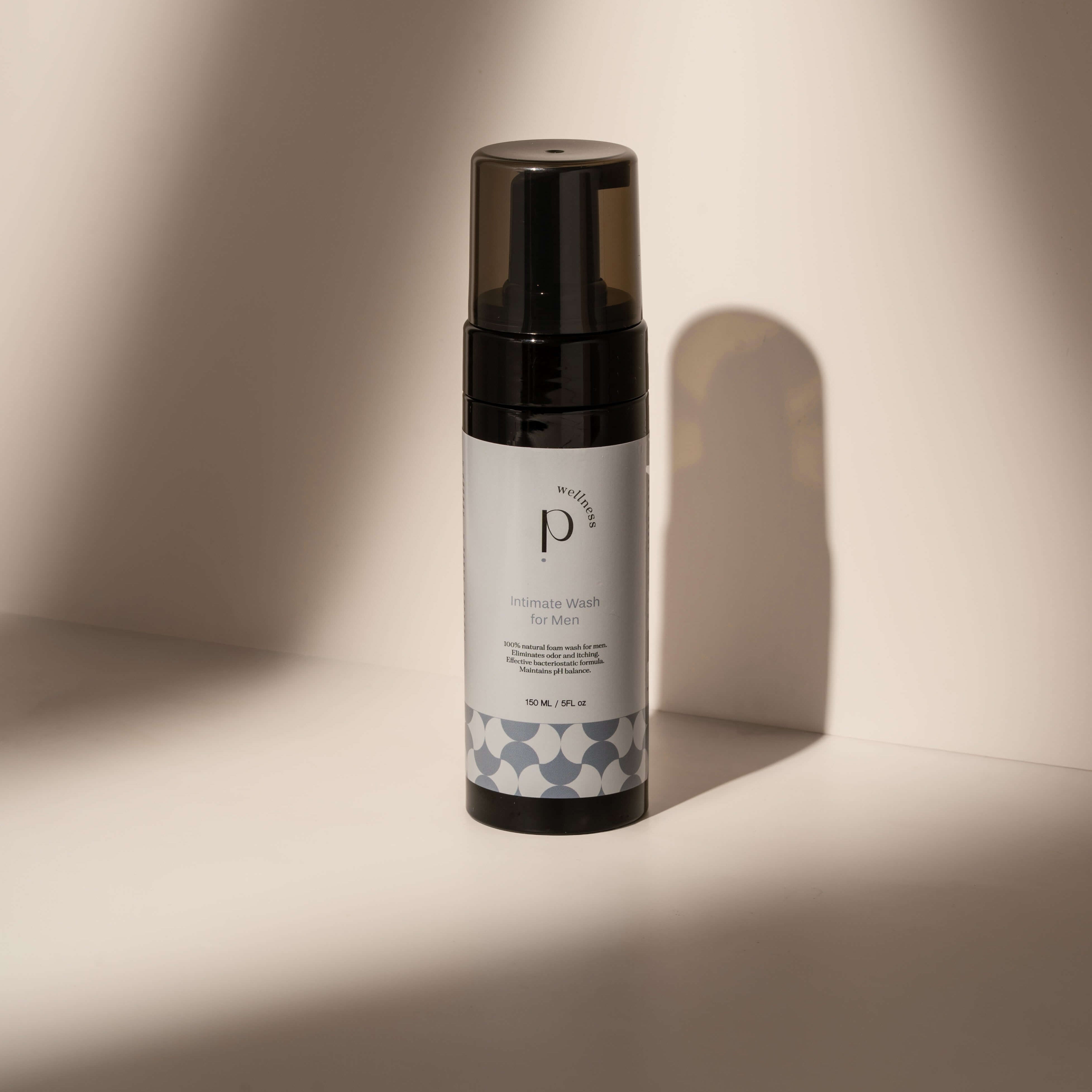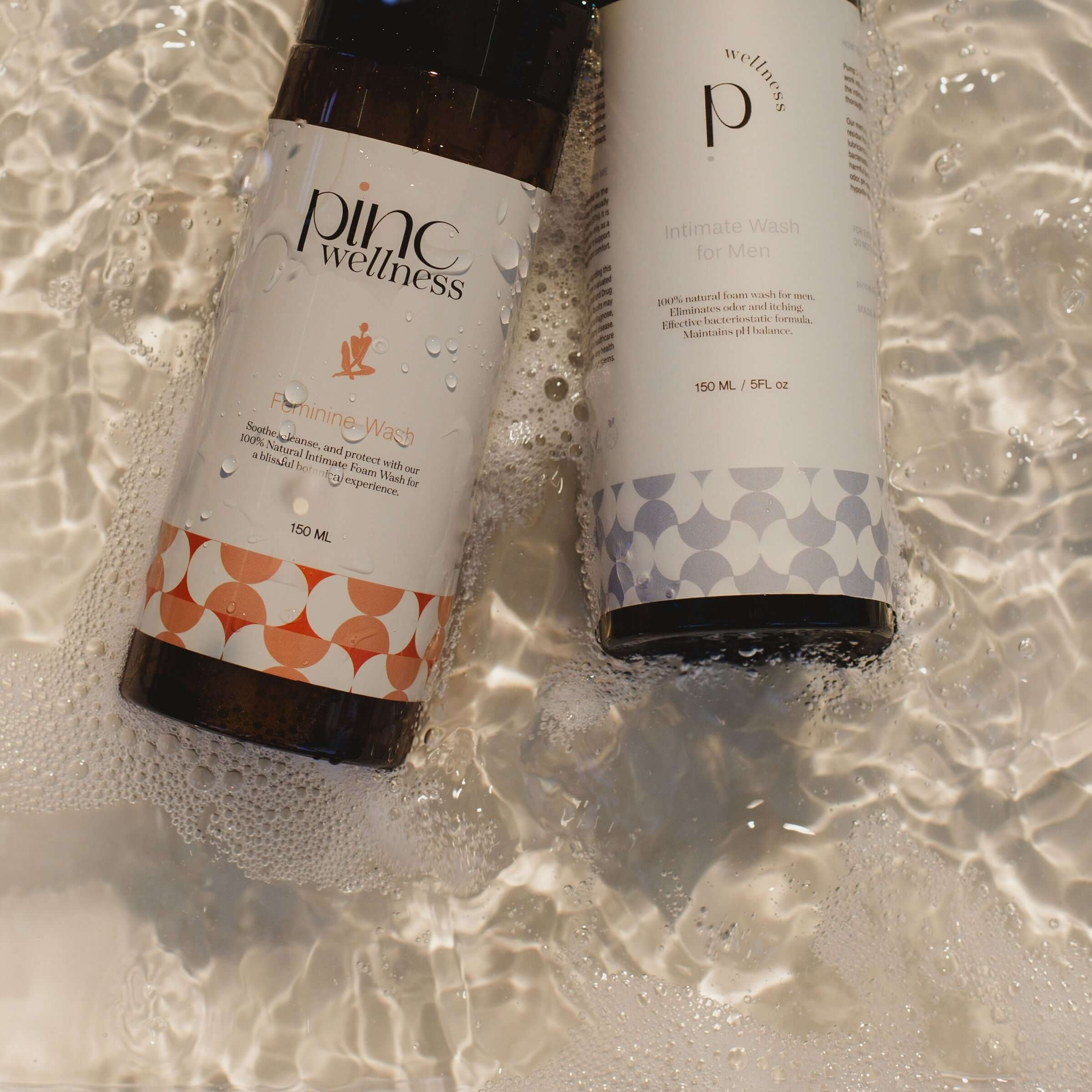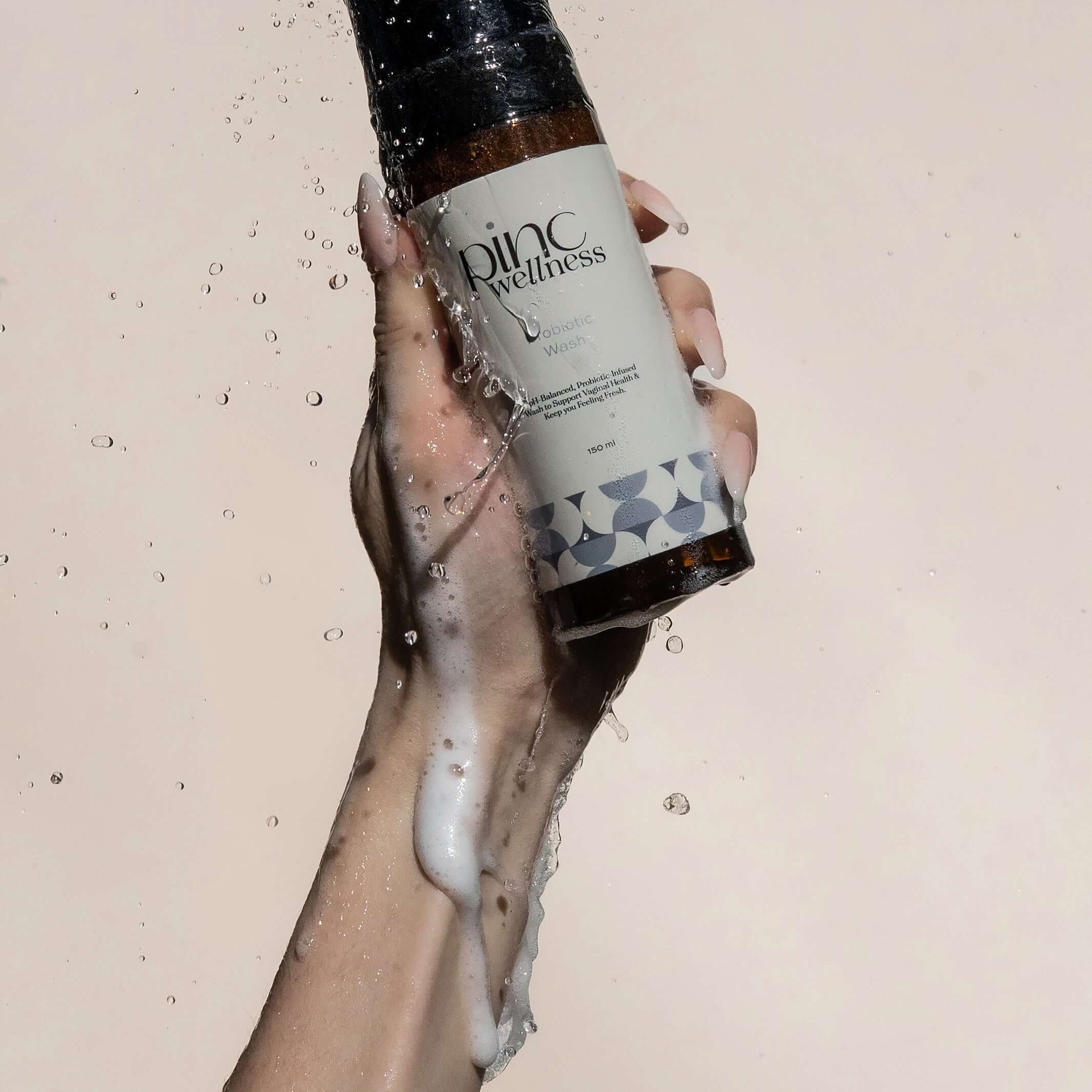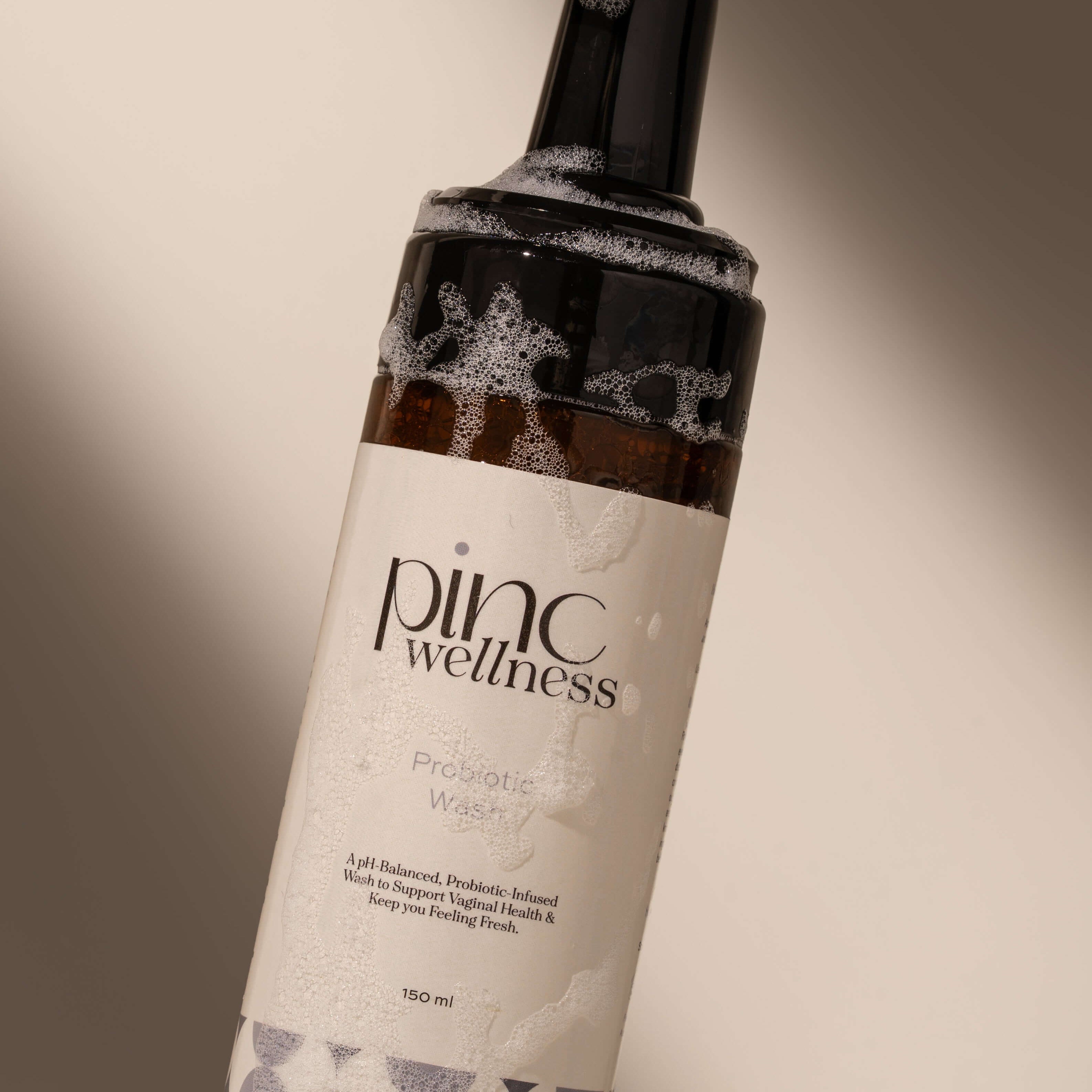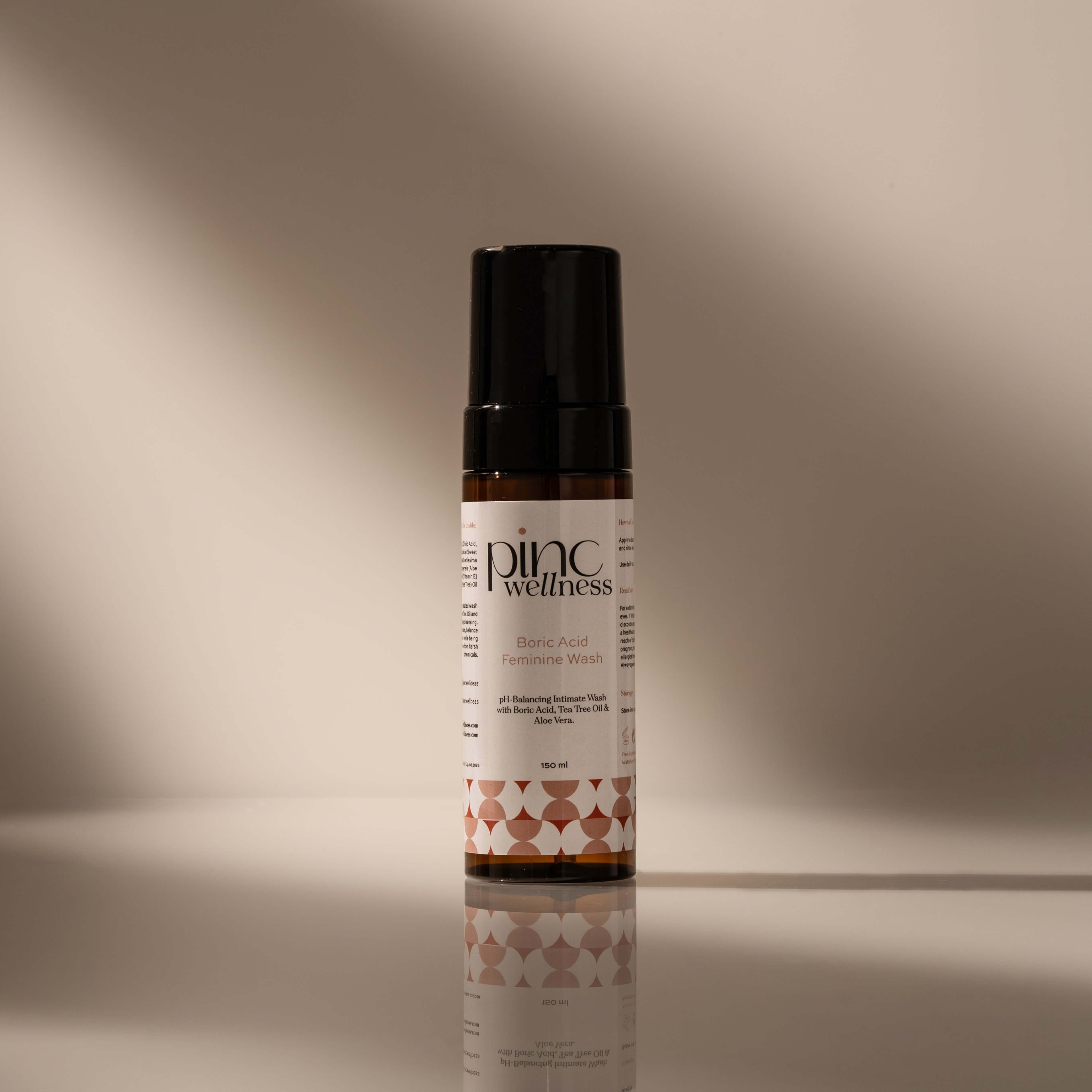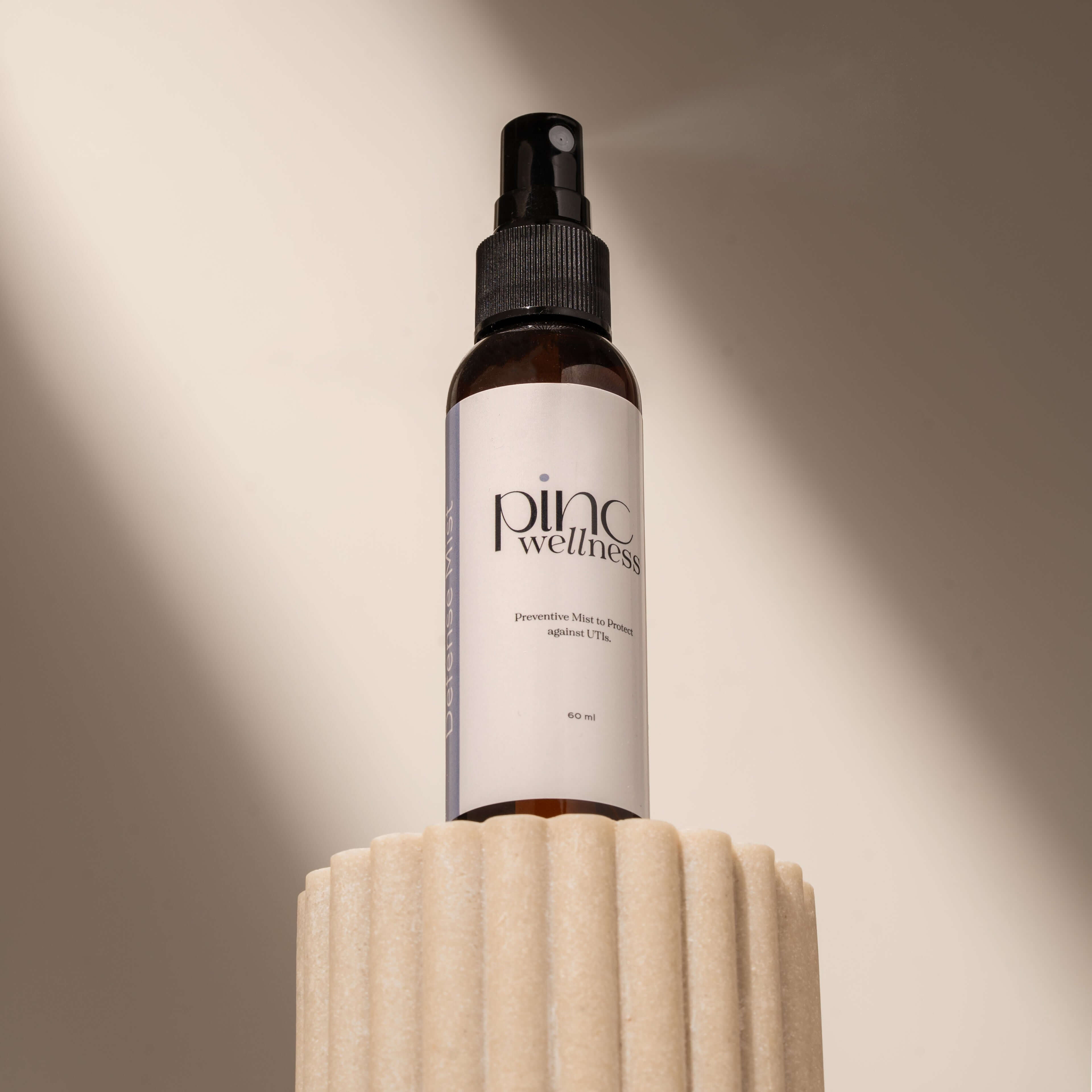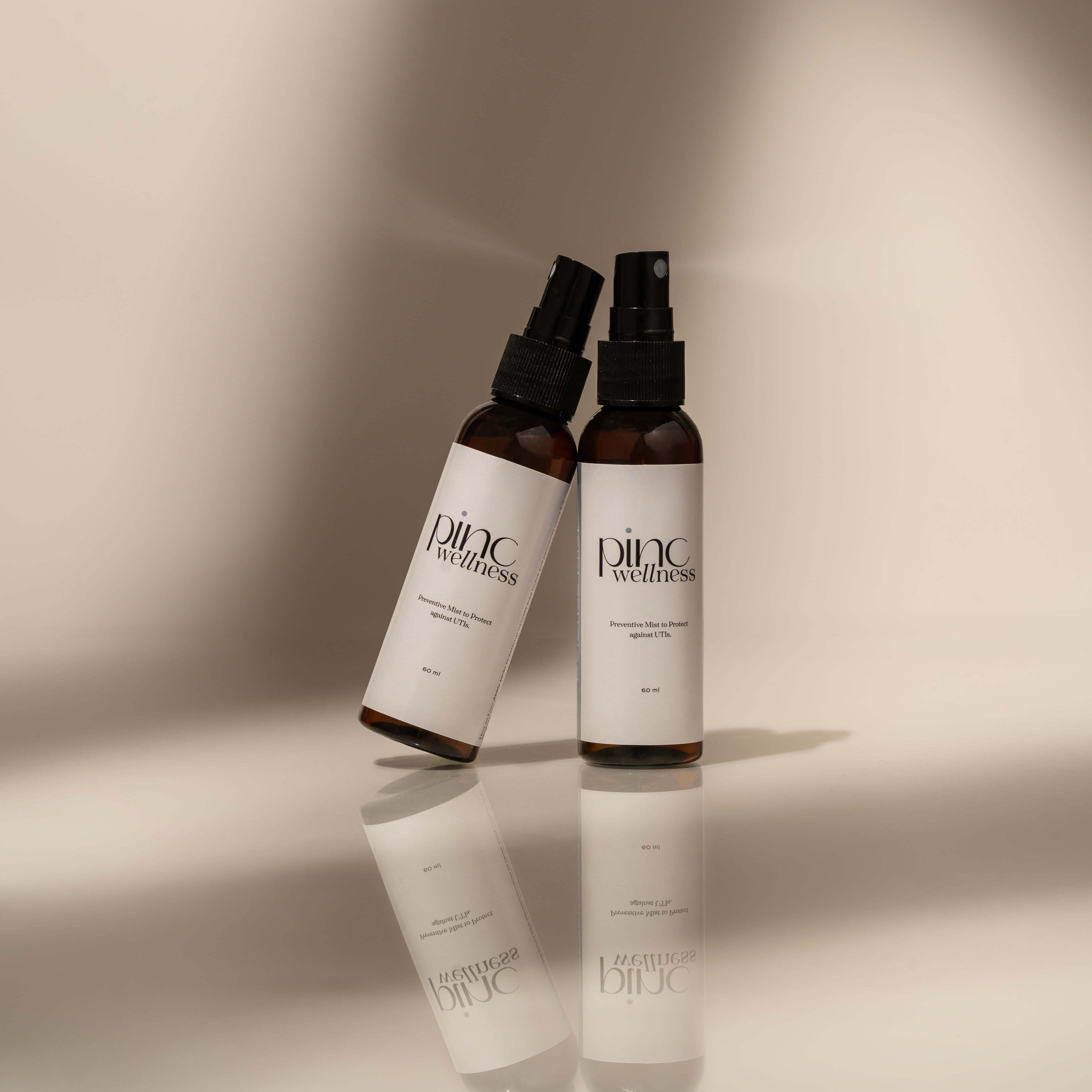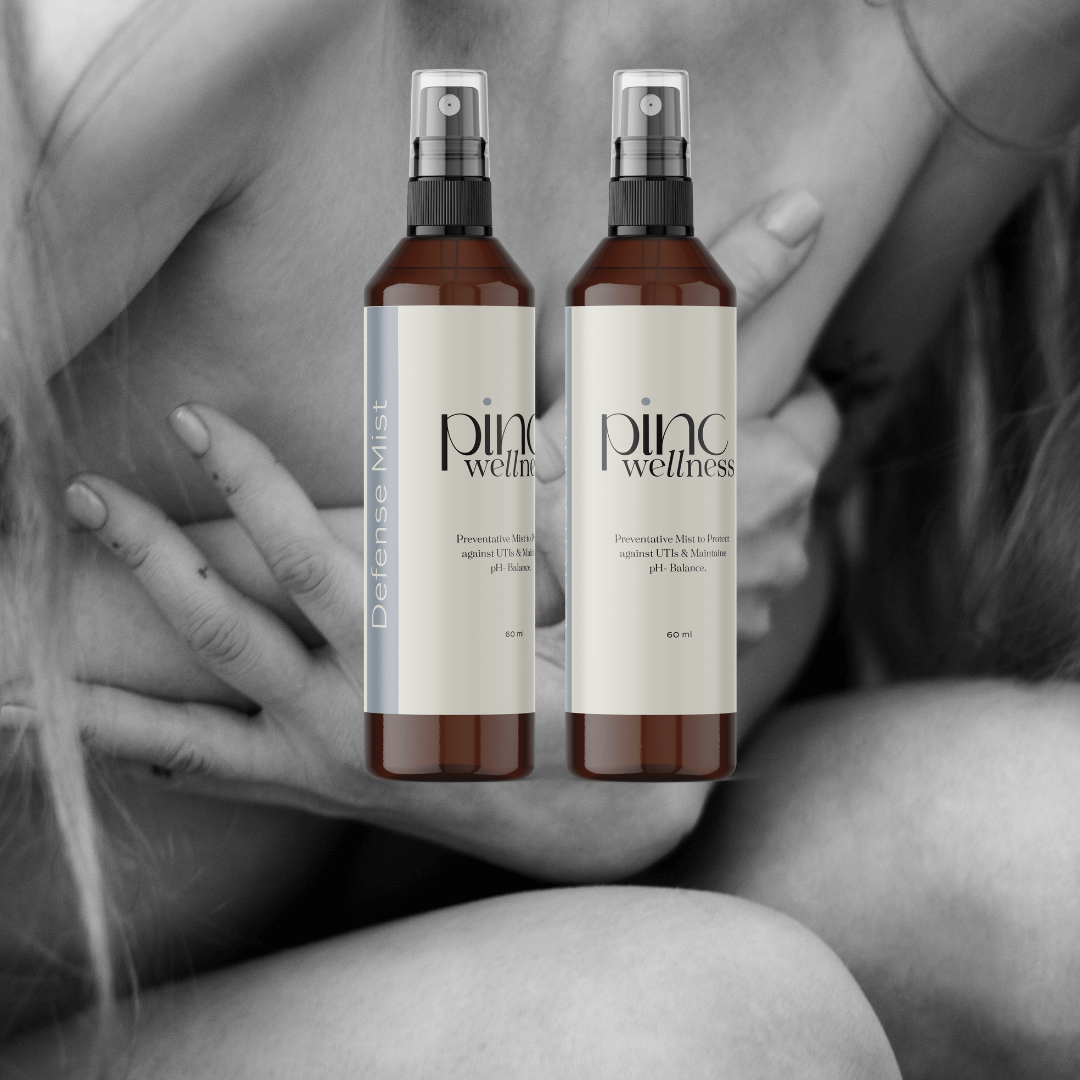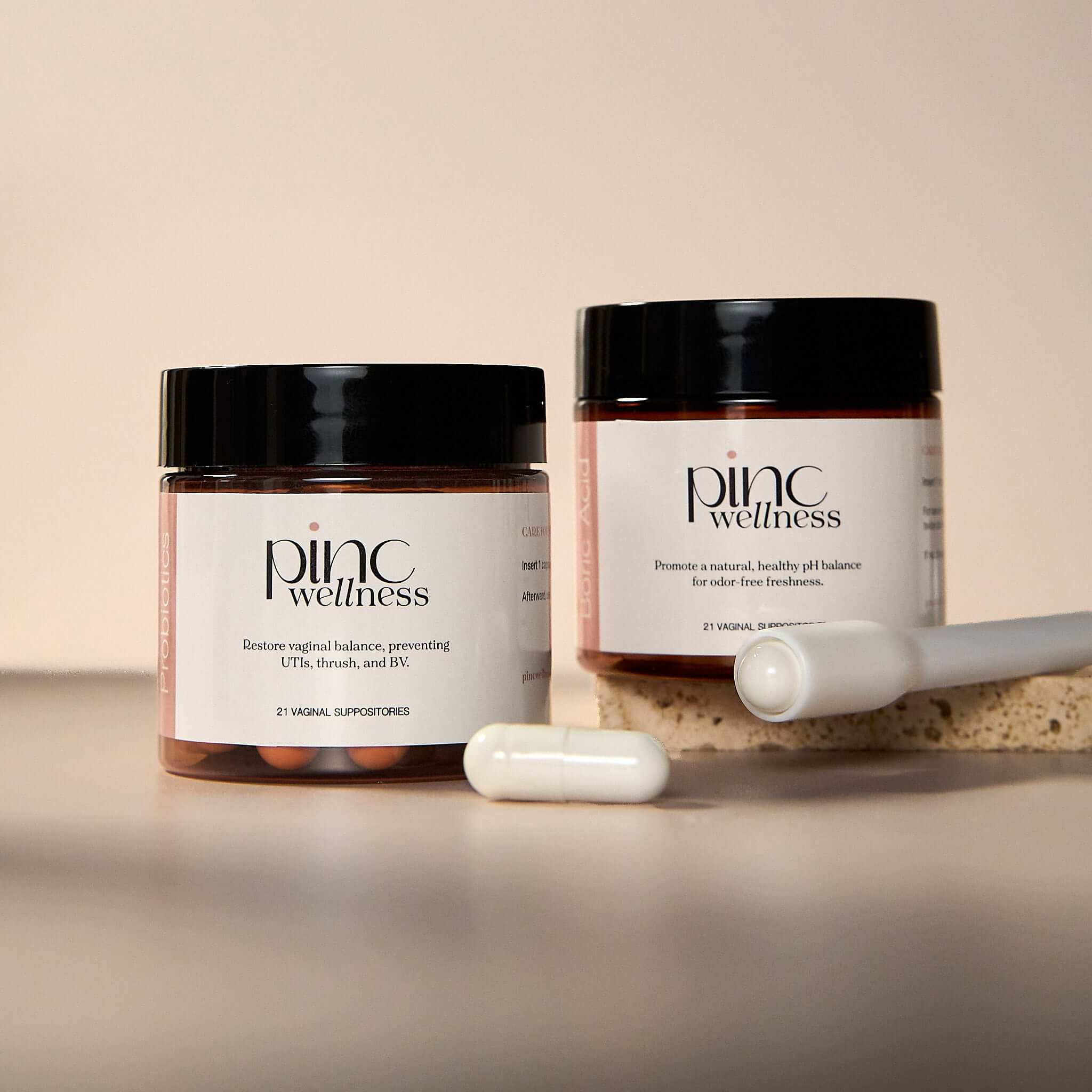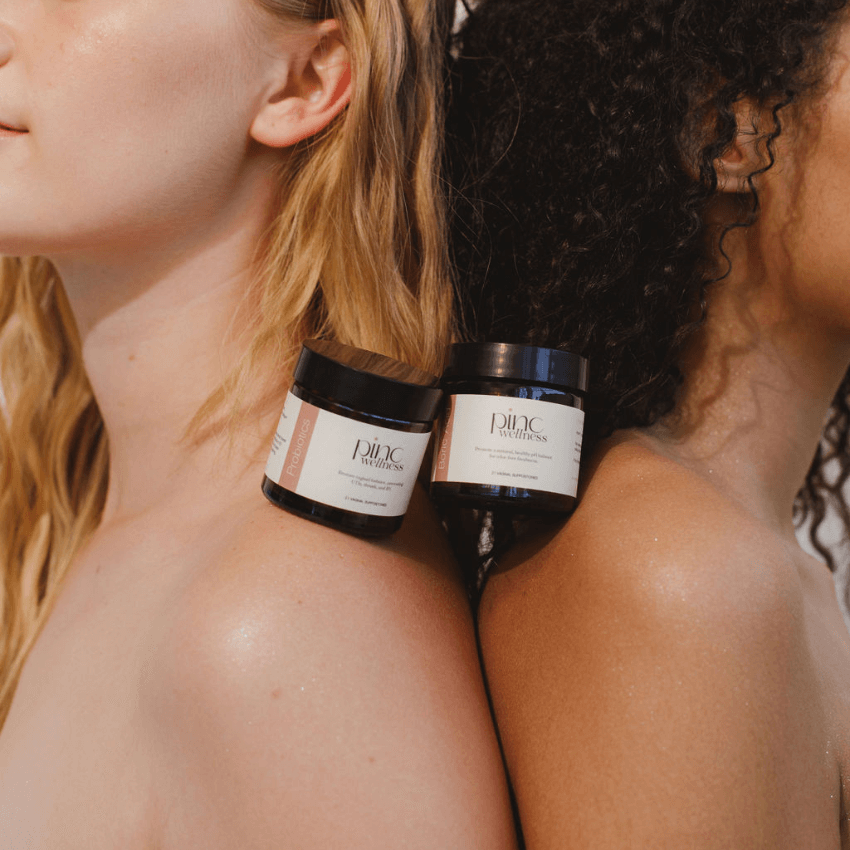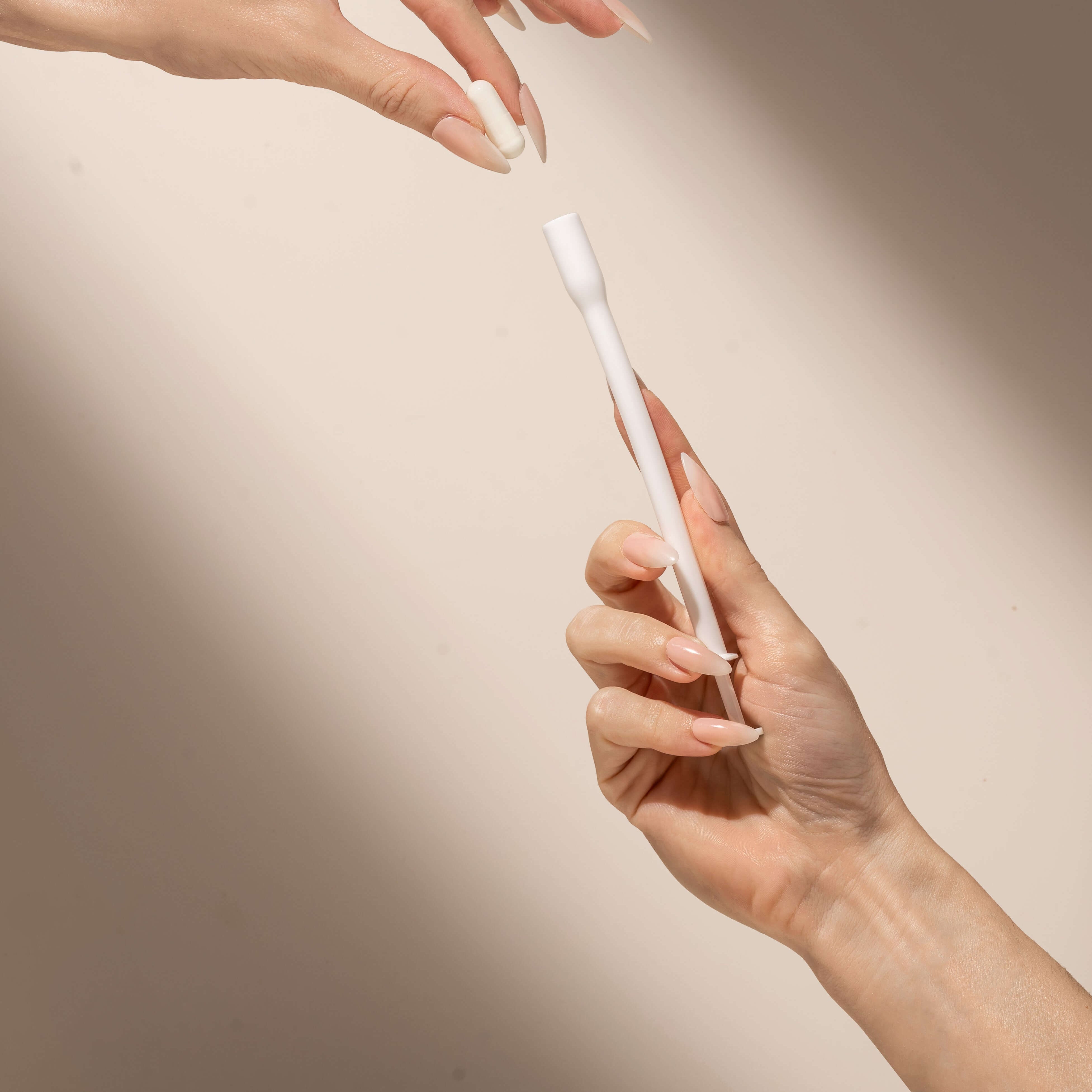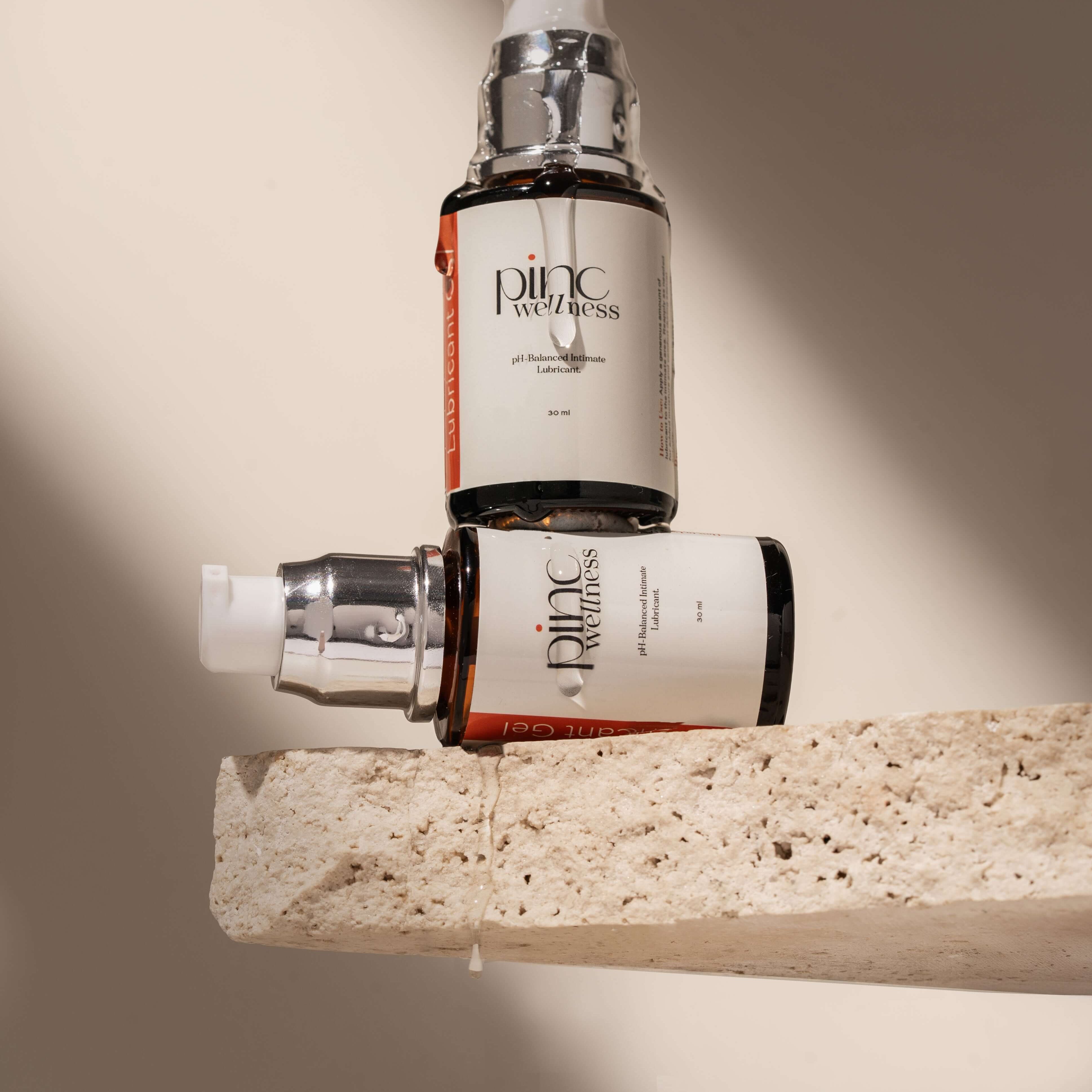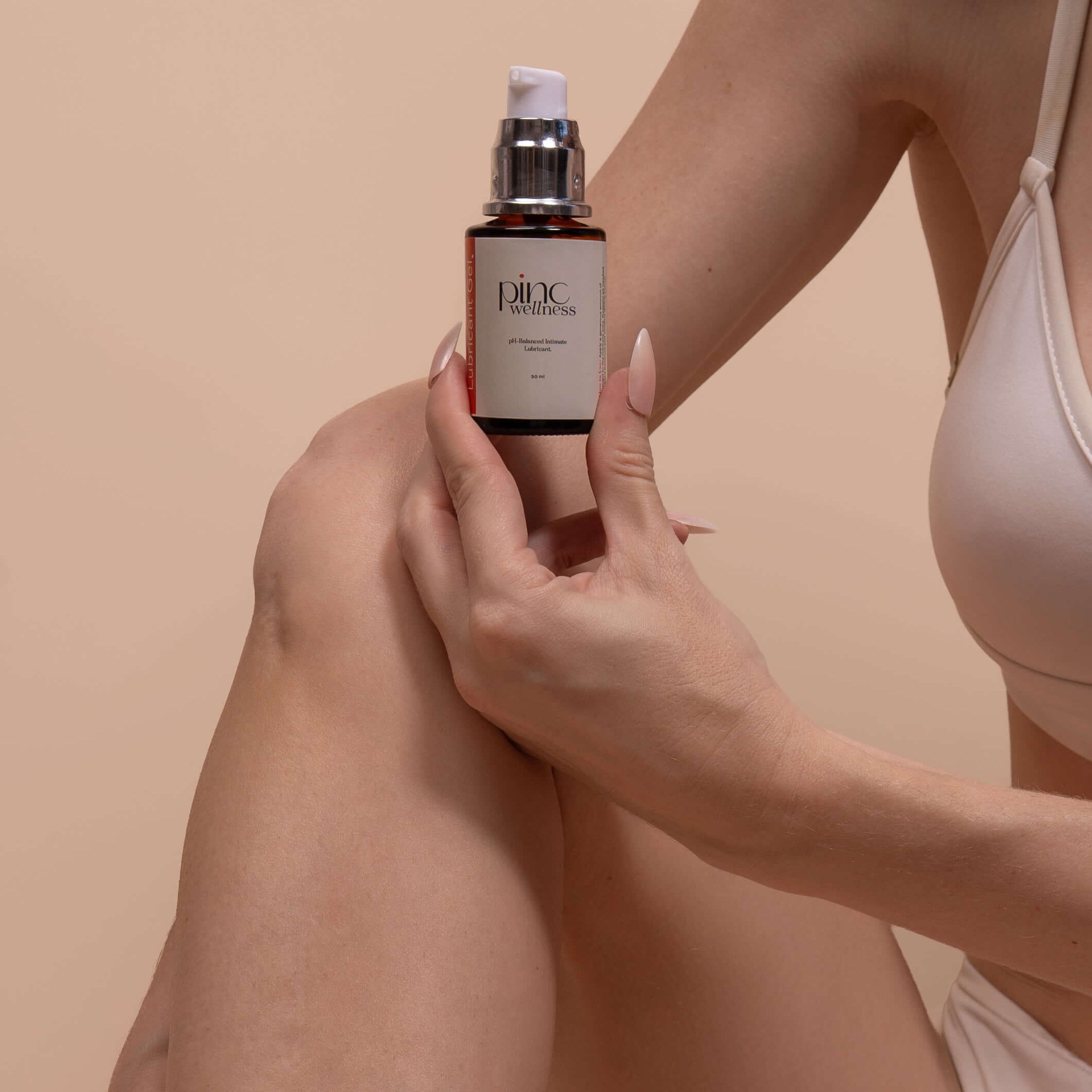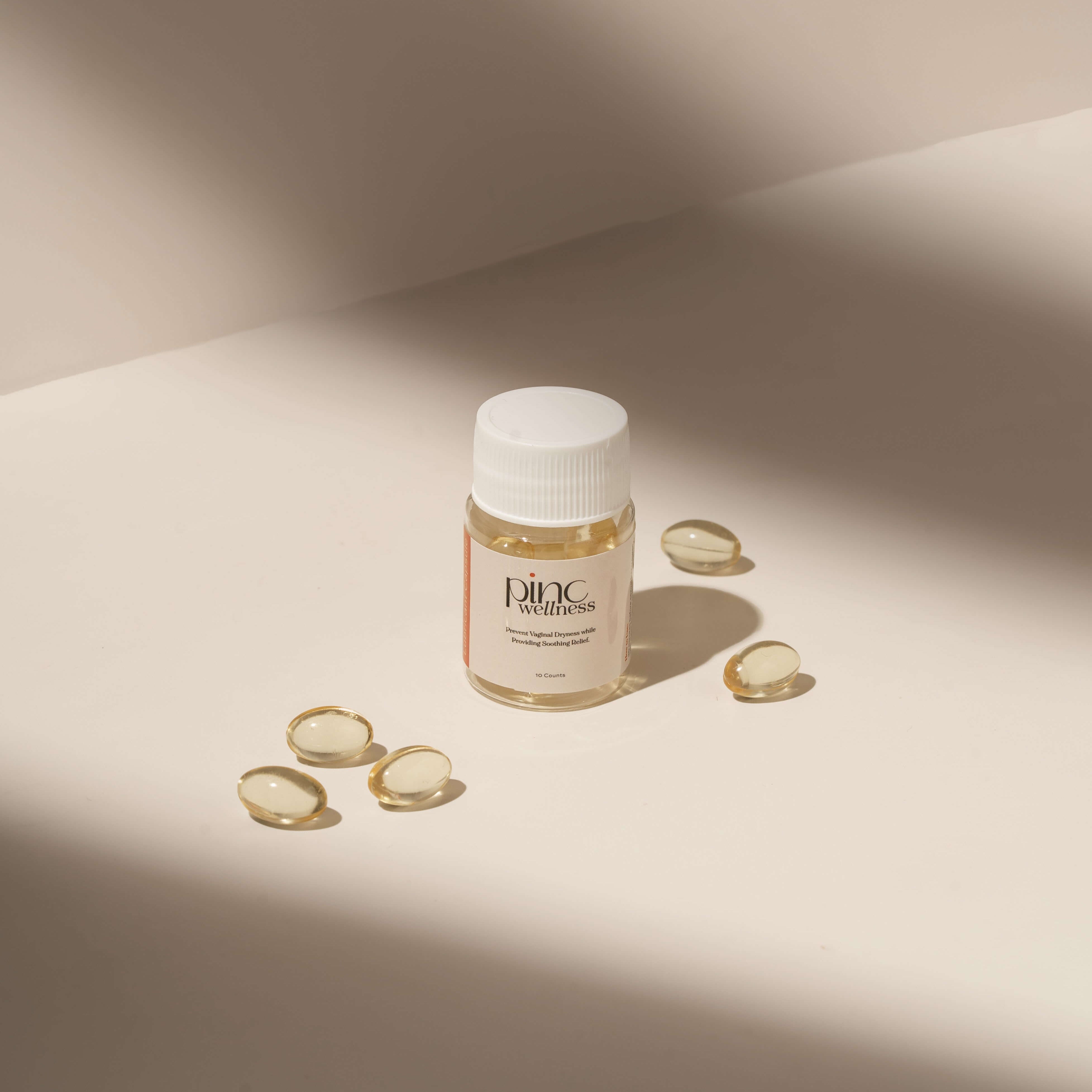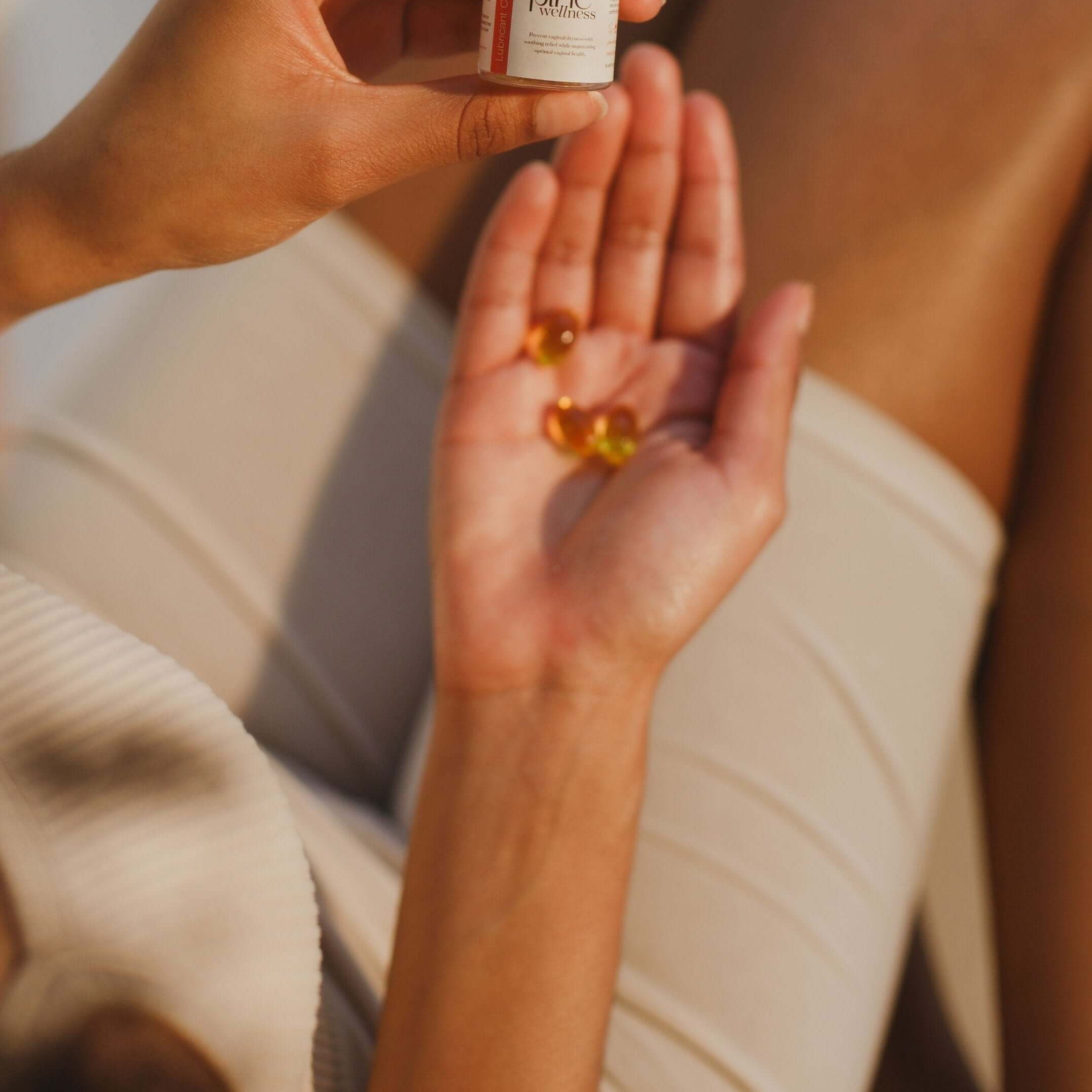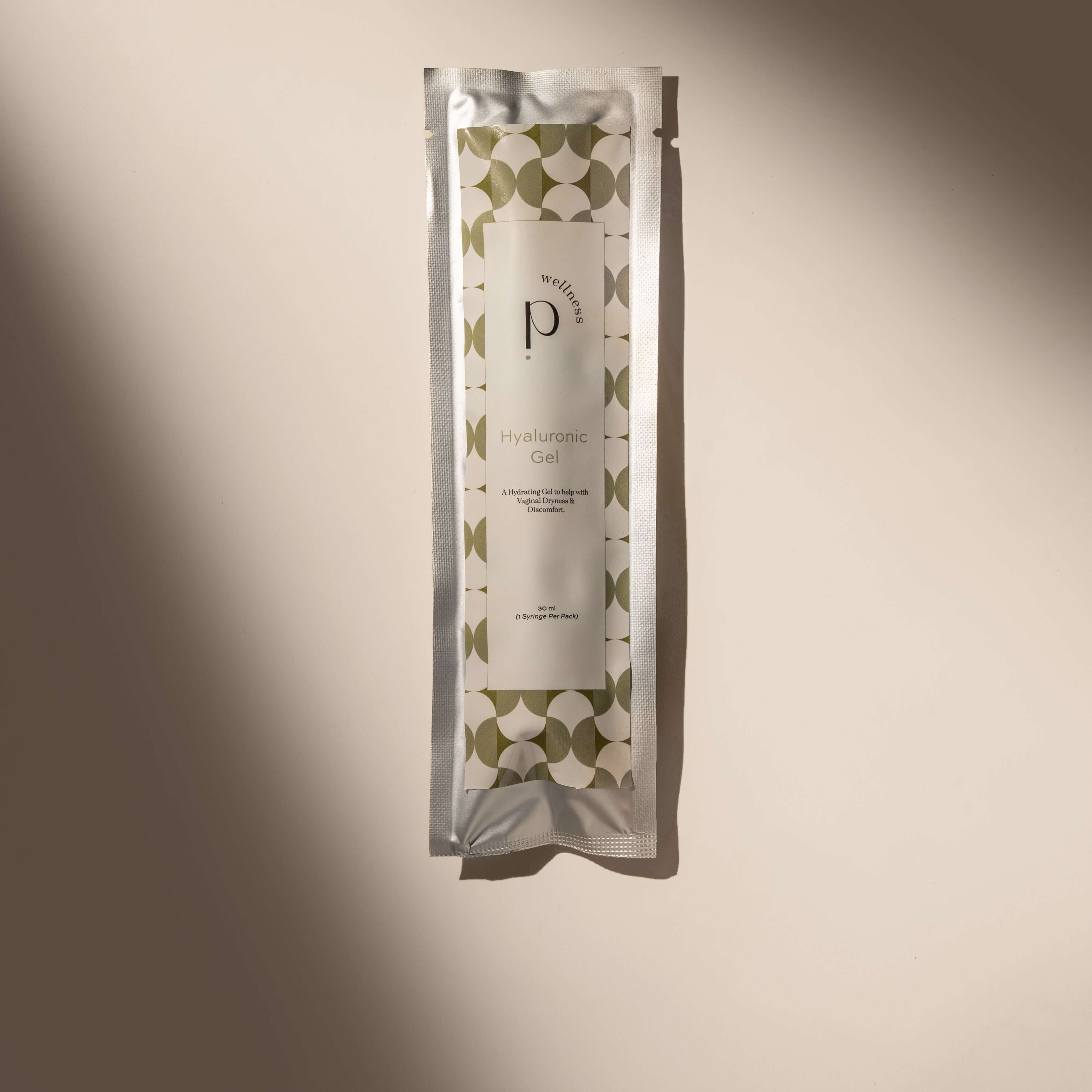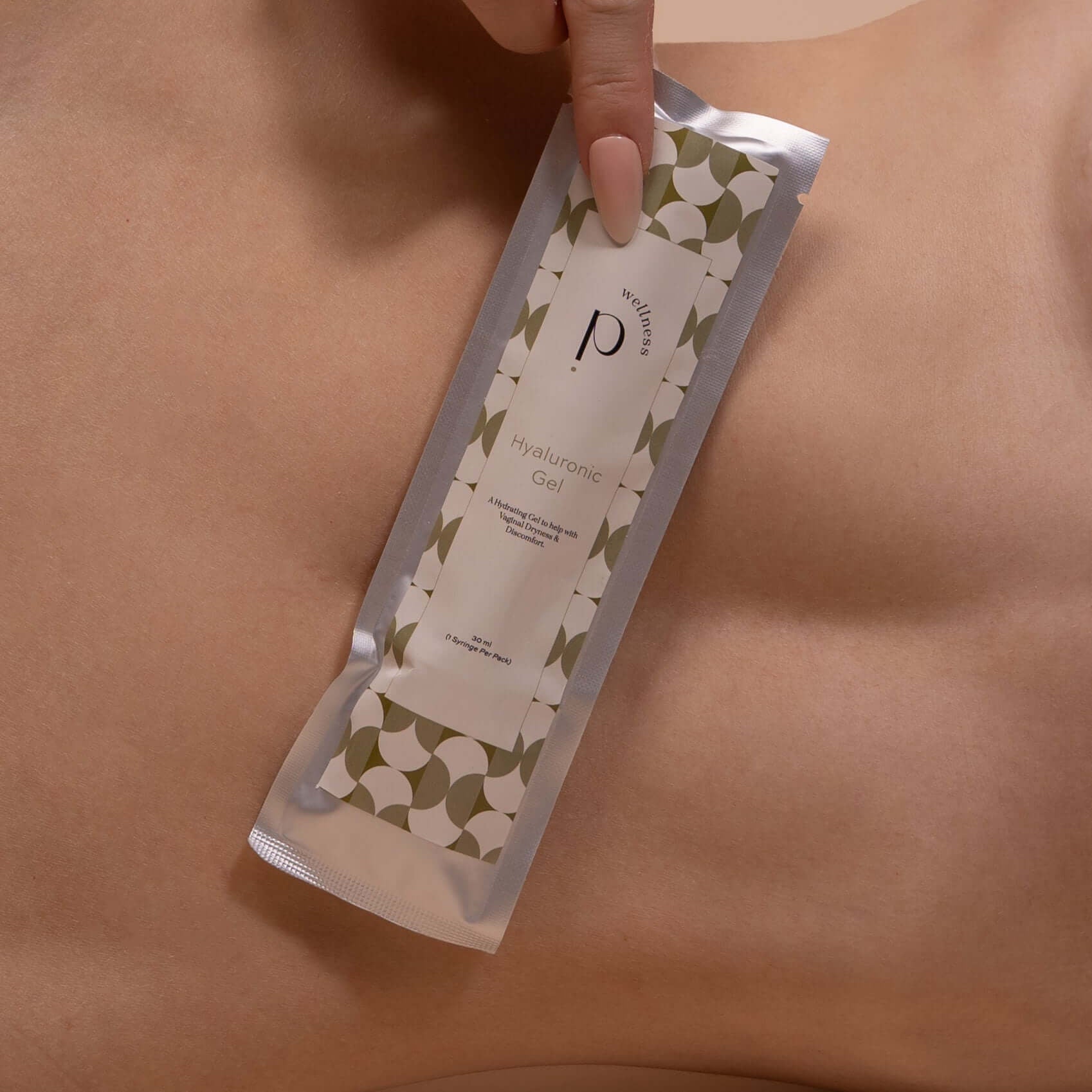Understanding and Treating Recurring Yeast Infections
Recurring vaginal thrush can be frustrating, uncomfortable, and disruptive. If you’ve ever found yourself asking, “Why do I keep getting vaginal thrush?,” you’re not alone. While many women experience yeast infections occasionally, others struggle with repeat occurrences that interfere with daily life. In this article, we’ll explore what causes recurrent vaginal thrush, how to treat it effectively, and what you can do to prevent future infections.
What Is Vaginal Thrush?
Vaginal thrush, also known as a vaginal yeast infection, is a common condition caused by an overgrowth of the Candida fungus. Candida naturally exists in the body, particularly in areas like the mouth, gut, and vagina. Normally, it coexists peacefully with other microorganisms. But when the delicate vaginal flora is disrupted, Candida can multiply and cause symptoms.
The typical signs of vaginal thrush include itching, burning, redness, swelling of the vulva, and a thick white discharge that resembles cottage cheese. While not dangerous, the condition can be very uncomfortable and tends to return in some women more than others.
Why Does Vaginal Thrush Keep Coming Back?
Several factors can trigger the overgrowth of yeast, leading to recurring vaginal thrush. Understanding these can help you reduce your chances of reinfection.
Sexual Activity
Although vaginal thrush is not classified as a sexually transmitted infection, sexual activity can disrupt the vaginal microbiome and increase the likelihood of yeast overgrowth. Repeated exposure to a partner’s natural flora may also contribute to persistent symptoms.
Hormonal Changes
Fluctuations in estrogen levels, such as those that occur during pregnancy, menstruation, or while taking hormonal contraceptives, can make the vaginal environment more susceptible to Candida overgrowth.
Antibiotics and Medications
Broad-spectrum antibiotics kill not only harmful bacteria but also the beneficial bacteria that help keep Candida in check. This imbalance can lead to an increased risk of yeast infections. Similarly, steroids and immunosuppressive medications can reduce your body’s natural defences.
Hygiene Practices
Using scented soaps, douches, or feminine sprays can irritate the vaginal area and disrupt its natural pH. Washing too frequently or aggressively can also remove protective bacteria. The best approach is gentle hygiene with unscented, pH-balanced products.
Diet and Immune Health
High sugar consumption and a diet rich in processed foods may feed Candida and promote overgrowth. A weakened immune system, whether due to stress, illness, or chronic conditions, can also increase your vulnerability to infections.
How to Treat and Prevent Recurring Vaginal Thrush
Recognising the symptoms early and addressing them with the right treatment can prevent a mild case from turning into a chronic issue.
Common Treatments for Vaginal Thrush
Boric acid suppositories have emerged as a popular natural remedy, especially for women experiencing recurring yeast infections. Boric acid helps restore vaginal pH and reduce Candida overgrowth, offering a gentle yet effective solution for chronic thrush sufferers.
Lifestyle and Prevention Tips
If you’re prone to recurrent infections, making a few key lifestyle adjustments can go a long way in preventing future episodes:
-
Eat a diet low in refined sugar and processed foods
-
Wear breathable bamboo underwear and avoid tight synthetic clothing
-
Avoid douching and fragranced feminine products
-
Practice good hygiene without over-washing
-
Support your immune system with plenty of sleep, hydration, and stress management
When to Seek Medical Advice
If you experience vaginal thrush more than four times in a year, you may have a condition known as recurrent vulvovaginal candidiasis. In this case, it’s important to speak with a healthcare provider to explore long-term treatment strategies and rule out underlying conditions like diabetes or hormonal imbalances.
Take Control of Your Vaginal Health
Vaginal thrush is common, and recurrent infections are nothing to be ashamed of. With the right knowledge, natural remedies like boric acid suppositories, and some preventative care, you can reduce your risk of future infections and restore balance to your vaginal health.

